
Mário de Carvalho is a novelist, short story writer, playwright and screenwriter who was born in Lisbon in 1944. During the Portuguese dictatorship, he was arrested by the PIDE, Salazar’s secret police, consequently becoming a staunch opponent of the regime. Having spent fourteen months as a political prisoner, he escaped to Lund, Sweden, where he claimed political asylum shortly before the Carnation Revolution that would bring about Portuguese democracy. His breakthrough as a writer came in 1981 with a collection of short stories entitled Contos da Sétima Esfera. In 1994 he published the novel A God Strolling in the Cool of the Evening, which won various awards and was translated into numerous languages, including into English by Gregory Rabassa, translator of Gabriel García Márquez’s One Hundred Years of Solitude.

Inês Pedrosa has published 25 books, including Nas Tuas Mãos (winner of the Prémio Máxima de Literatura), Fazes-me Falta, A Eternidade e o Desejo (shortlisted for the Prémio Portugal Telecom) and Os Íntimos (winner of the Prémio Máxima de Literatura). Her books have been published in the U.S.A., Germany, Brazil, Croatia, Spain and Italy. She was manager of the Casa Fernando Pessoa from 2008 to 2014, and appears on the television programme O Último Apaga a Luz (RTP3) and the radio programme A Páginas Tantas (Antena 1). She is the author of the radio programme Um Homem, Uma Mulher (Antena 1). In 2017, she started a publishing house called Sibila Publicações. O Processo Violeta is her last novel.
©Alfredo Cunha
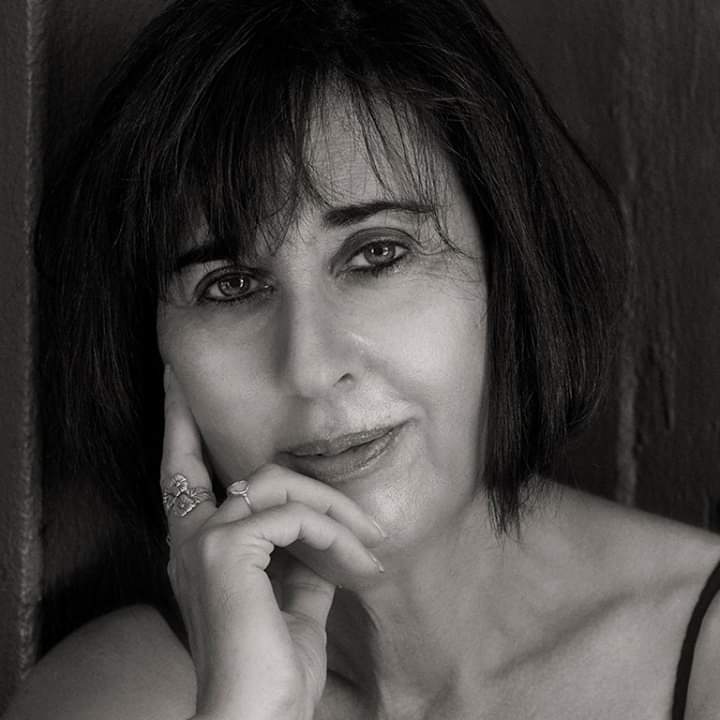
Ana Cristina Silva was born in Lisbon and teaches at the city’s ISPA-IU University. She is the author of 14 novels, among them, Cartas Vermelhas (2011, selected as book of the year by newspaper Expresso and shortlisted for the Prémio Literário Fernando Namora), O Rei do Monte Brasil (2012, shortlisted for the Prémio SPA/RTP and the Prémio Literário Fernando Namora, and winner of the Prémio Urbano Tavares Rodrigues) and A Segunda Morte de Anna Karenina (2013, shortlisted for the Prémio Literário Fernando Namora). In 2017, A Noite não é Eterna was awarded the Prémio Literário Fernando Namora. A number of her books have been published in Brazil and Germany.
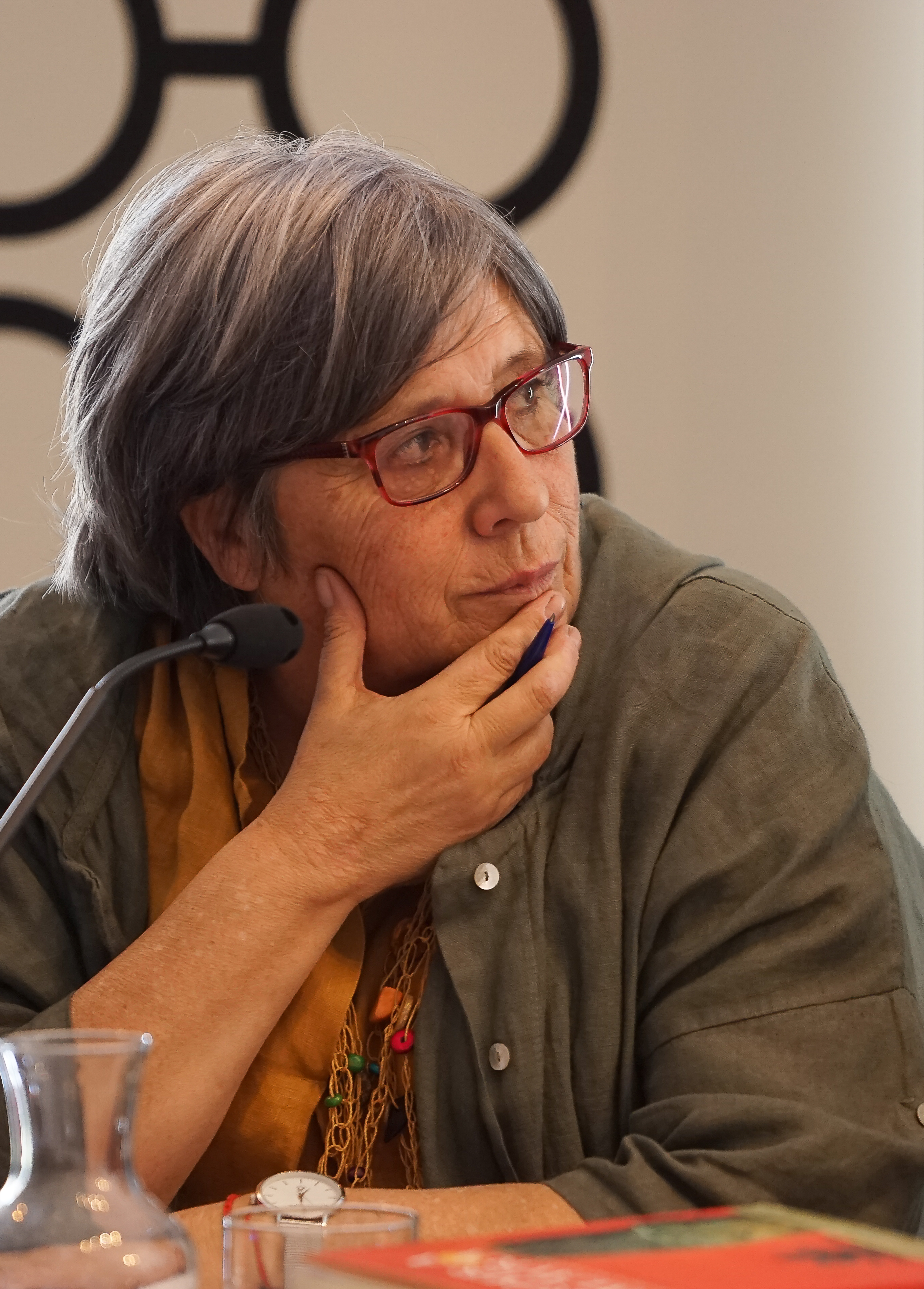
Ana Luísa Amaral has written over twenty works of poetry, fiction and theatre, as well as books for children. Translated into several languages, her work has brought her many prizes, including the 2008 Grande Prémio from the Portuguese Writers’ Association and the PEN Prize for Fiction. She is also a translator, notably of the poetry of John Updike, Emily Dickinson and William Shakespeare. A collection of her poetry, What’s in a Name, was published by New Directions in 2019.
©Casa Fernando Pessoa

Patrícia Reis began her career as a journalist in 1988, for the weekly newspaper Independente, before working for Sábado magazine and completing an internship at Time magazine in New York. She worked for the weekly newspaper Expresso, produced a television programme called Sexualidades, worked at Marie Claire and Elle magazines and on special projects for the daily Público. She wrote the biographies of Vasco Santana, Simone de Oliveira and Maria Antónia Palla. She published the photographic novel Beija-me (2006), co-written with João Vilhena, as well as novellas Cruz das Almas (2004), Antes de Ser Feliz (2009), Tudo o que nos Separa por causa de um Copo de Whisky (2014) and novels Amor Em Segunda Mão (2006), Morder-te o Coração (2007), longlisted for the Prémio Portugal Telecom de Literatura, No Silêncio de Deus (2008), Por Este Mundo Acima (2011), Contracorpo (2012) and Gramática do Medo (2015), co-written with Maria Manuel Viana.

Ana Bárbara Pedrosa is 29 years old and is a novelist and linguist. She has a degree in Applied Languages, an MA in Portuguese Studies and post-graduate degrees in Linguistics, Economics and Public Policy, as well as a PhD in Human Sciences (Literature). She has lived and studied in the U.S.A. (Philadelphia) and Brazil (Florianopolis and São Paulo). She now lives in Lisbon, where she works for Google, and also as a freelancer, doing proof-reading and translation. She is the author of the novel Lisboa, Chão Sagrado and has published numerous stories online. She has also published scientific articles on linguistics and literature and literary reviews.

Cláudia Lucas Chéu (1978) is a writer, poet and playwright. She has published the play scripts Poltrona – monólogo para uma mulher; Glória ou como Penélope morreu de tédio (Bicho do Mato / Teatro Nacional D. Maria II); A cabeça muda (Cama de Gato); Veneno, Coleção Curtas da Nova Dramaturgia – Memória (Guilhotina, 2015). She has also published a book of poetic prose, Nojo (não), and the poetry collections Trespasse (Guilhotina, 2014) and Pornographia (Labirinto, 2016). In 2017, her book Ratazanas (poetry) was published in Brazil by Selo Demónio Negro, São Paulo. Her first novel Aqueles que vão morrer (2018, Labirinto), was followed by Beber pela garrafa (poetry, Companhia das Ilhas, 2018), A Mulher-Bala e outros contos (short stories, Labirinto, 2019) and Confissão (poetry, Companhia das Ilhas, 2020).
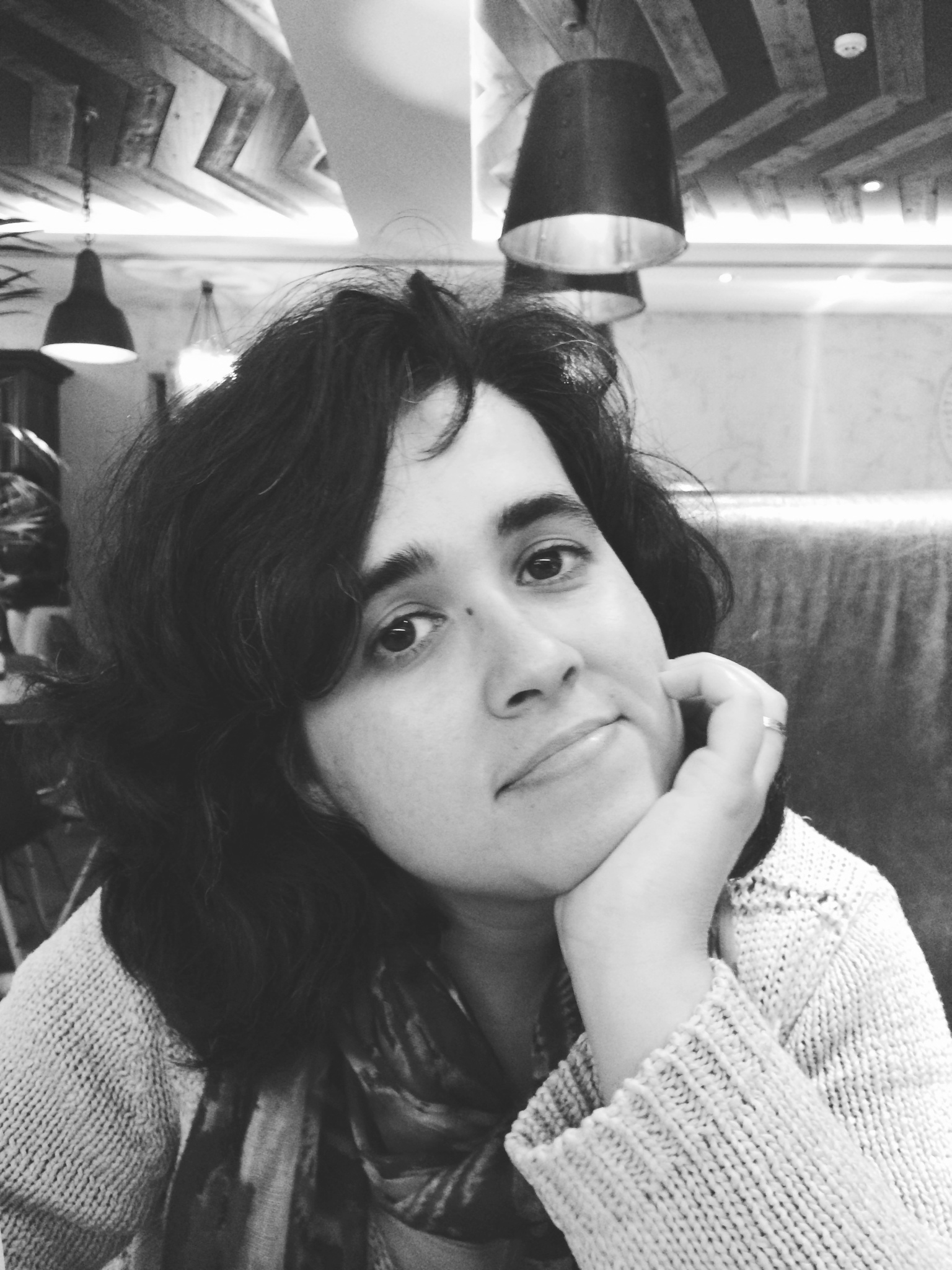
Gabriela Ruivo Trindade (Lisbon, 1970) graduated in psychology and has lived in London since 2004. She was the winner of the Prémio LeYa in 2013, for her first novel, Uma Outra Voz, which was also awarded with Prémio PEN Clube Português Primeira Obra (ex-aequo) in 2015 and published in Brazil in 2018 (LeYa – Casa da Palavra). Her other works include the children’s book A Vaca Leitora (D. Quixote, 2016). Between 2016 and 2020 she contributed to a number of poetry and short story anthologies, and her first poetry collection, Aves Migratórias, was published in 2019 (On y va). She manages Miúda Children’s Books in Portuguese, an online bookshop specialising in children’s literature written in Portuguese.
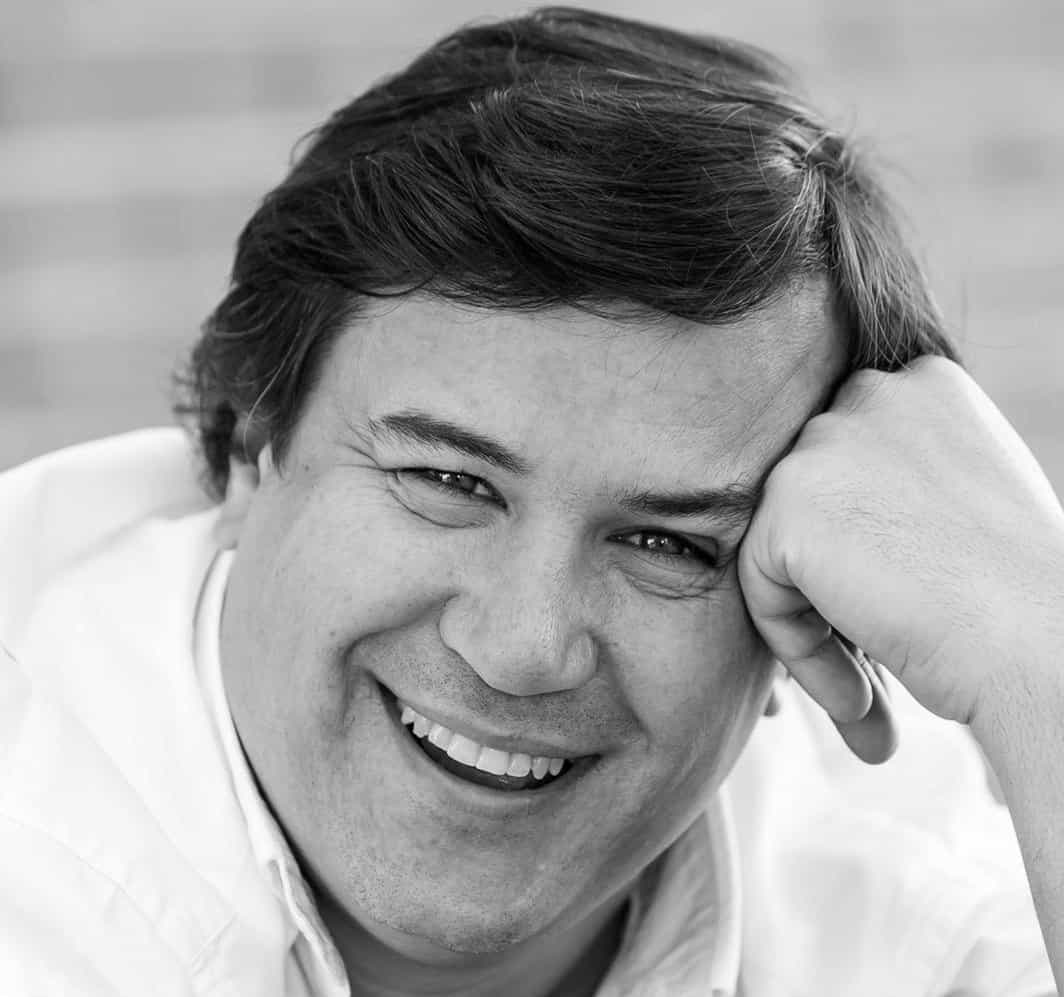
Carlos Campaniço was born in Safara, Moura. He has a degree in Modern Languages and Literature and an MA in Arabic and Islamic Cultures and the Mediterranean. His novel Os Demónios de Álvaro Cobra was awarded the Prémio Literário Cidade de Almada in 2012, while Mal Nascer was shortlisted for the Prémio LeYa in 2013, and awarded the Prémio Literário Mais Literatura by Mais Alentejo magazine in 2014.
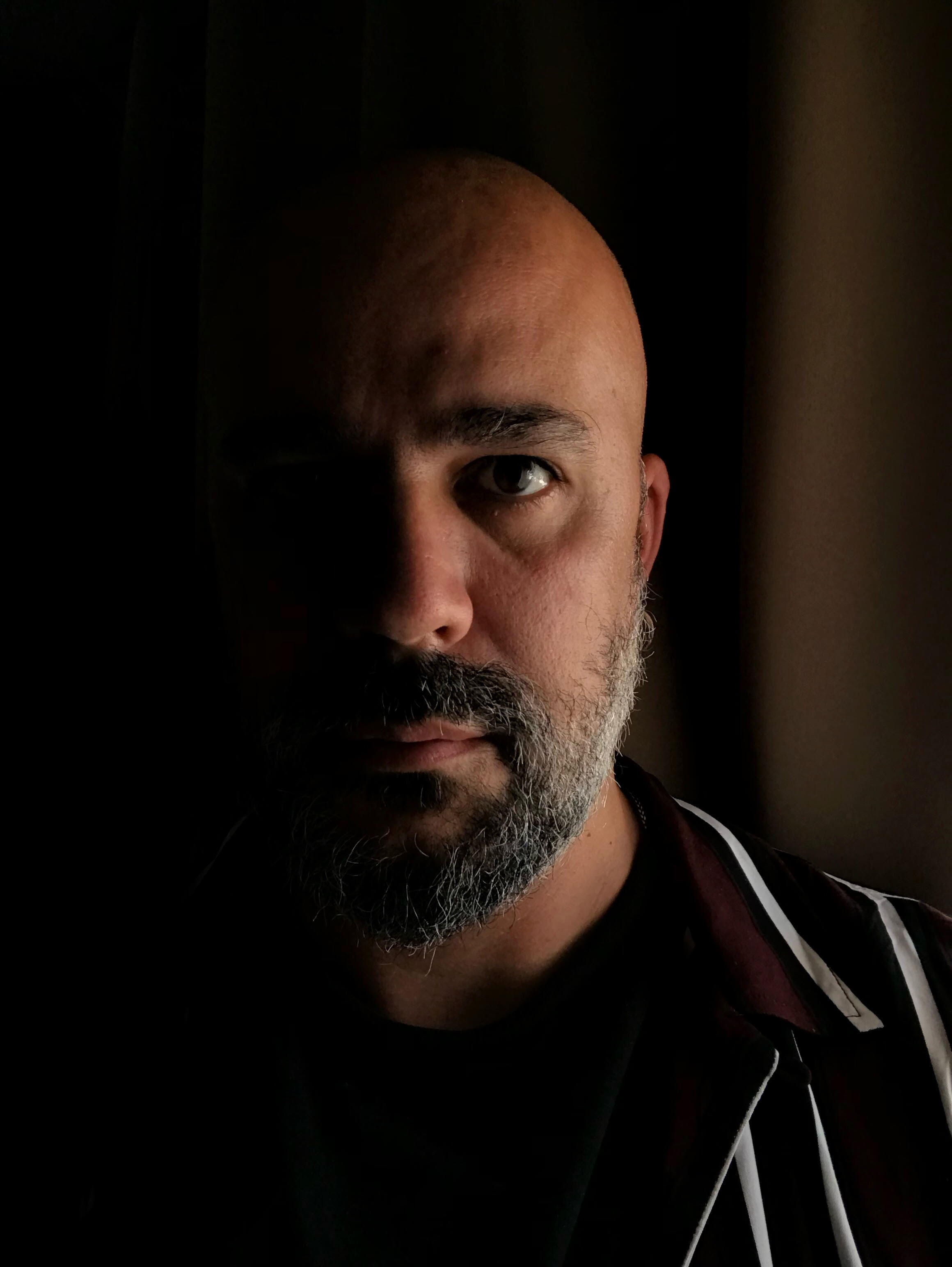
Afonso Cruz (1971) is a writer and illustrator. Since 2008, the year he began writing, he has published more than thirty books, including novels, plays, works of non-fiction, essays and picture books. He’s a regular contributor to newspapers and magazines. His work has been translated into 20 languages. Prizes and awards: Prémio Literário Maria Rosa Colaço, Grande Prémio de Conto Camilo Castelo Branco, European Union Prize for Literature, Prémio Autores para Melhor Ficção Narrativa SPA, Prémio Fernando Namora, Prémio da Fundação Nacional do Livro Infantil e Juvenil do Brasil (FNLIJ), Grande Prémio de Literatura de Viagens Maria Ondina Braga / Associação Portuguesa de Escritores and Prémio Nacional de Ilustração.

Jaime Rocha (Nazaré, 1949) graduated from the Faculdade de Letras de Lisboa and was living in France during the final years of Salazar’s regime. He worked as a journalist for overs three decades, and has written poetry, fiction and theatre. His poetic output includes the collections Zona de Caça, Do Extremínio, Lacrimatória, Necrophilia and Preparação para a Noite. He wrote the novels A Loucura Branca, Anotação do Mal, A Rapariga Sem Carne and Escola de Náufragos, and, in 2019, he published a short story collection entitled O Estendal. He is the author of the plays O Construtor, O Terceiro Andar (1998) (winner of the Grande Prémio APE de Teatro), Casa de Pássaros, Homem Branco – Homem Negro (2005) (winner of the Grande Prémio de Teatro Português SPA / Novo Grupo), Azzedine e Outras Peças, O Mal de Ortov, Agamémnon – A Herança das Sombras, Filoctetes – A Condição do Guerreiro and As Troianas (co-written with Hélia Correia).
©Mordzinski
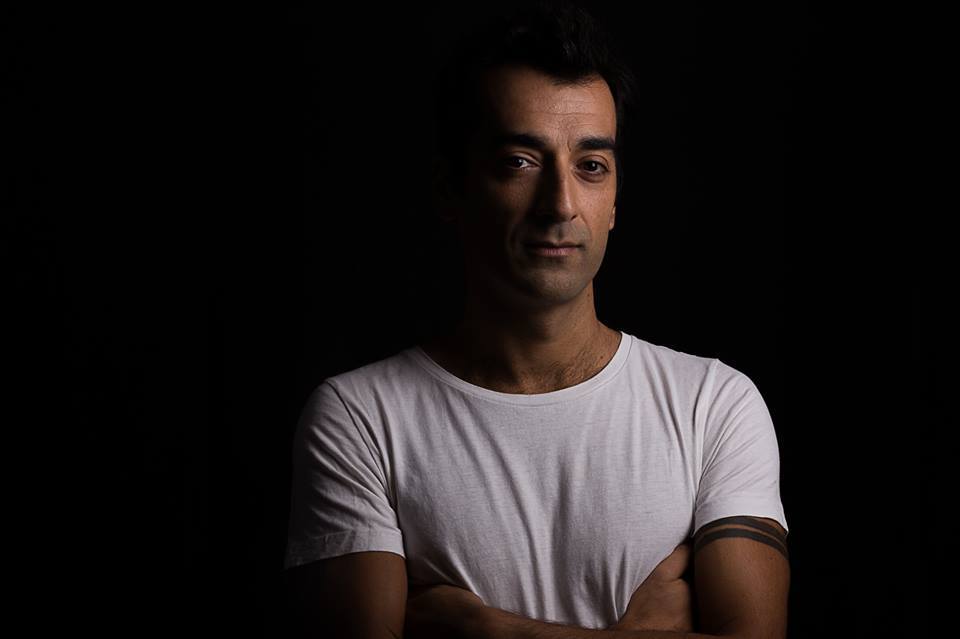
Hugo Gonçalves (1976) is the author of the novels O Maior espectáculo do mundo, O coração dos homens, Enquanto Lisboa arde o Rio de Janeiro pega fogo, O caçador do Verão, and the collections of crónicas Fado, samba e beijos com língua and Postais dos trópicos. He is co-author and scriptwriter for the TV series País Irmão (RTP). He has written for numerous Portuguese publications in New York, Madrid and Rio de Janeiro. Filho da mãe (2019) is his latest novel.
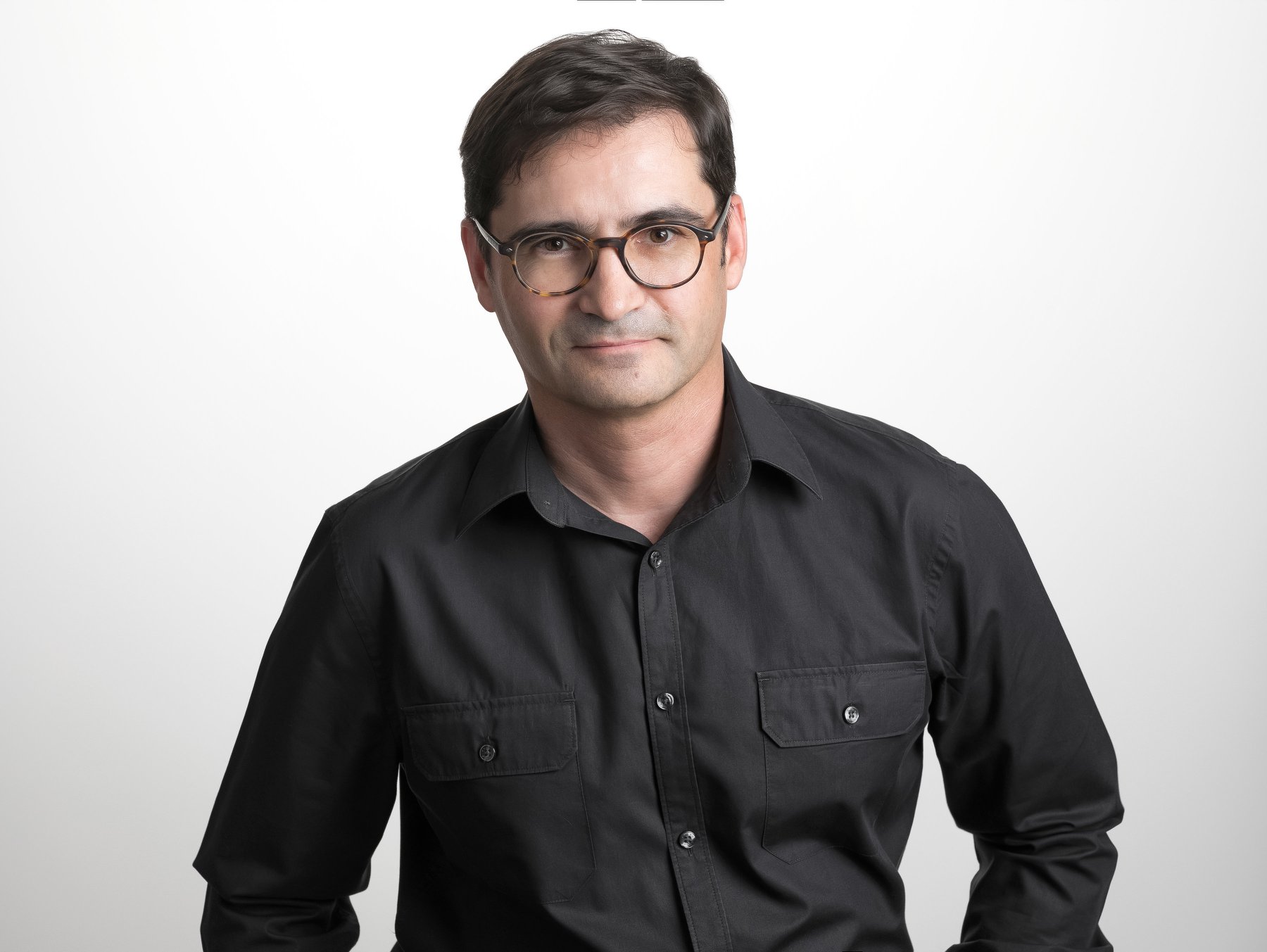
Antonio Ladeira is Associate Professor of Lusophone Literatures at Texas Tech University (U.S.A.) where he coordinates the Portuguese program. He holds a Licenciatura in Portuguese Studies from Universidade Nova de Lisboa and a PhD in Hispanic Languages and Literatures from the University of California. He has taught at Middlebury College, Yale University (Instituto Camões lecturer) and worked as a researcher at the Universidade de São Paulo, Brazil (Fulbright Grant). He has published five books of poetry in Portugal. In 2018, he published Os Monociclistas: histórias do ano 2045 (Lisbon: On y Va) and Seis Drones: novas histórias do ano 2045 (Lisbon: On y Va). He published a collection of short stories in Brazil, Estás Livre no Sábado (Realejo, 2018). A Spanish language collection of his short-stories was published in Colombia (Vestigio, 2019) under the title Território (trans. by Jerónimo Pizarro and Diego Cepeda). He writes lyrics for American jazz singer Stacey Kent, nominated for the Grammy Awards. He collaborated in DN Jovem (Diário de Notícias).
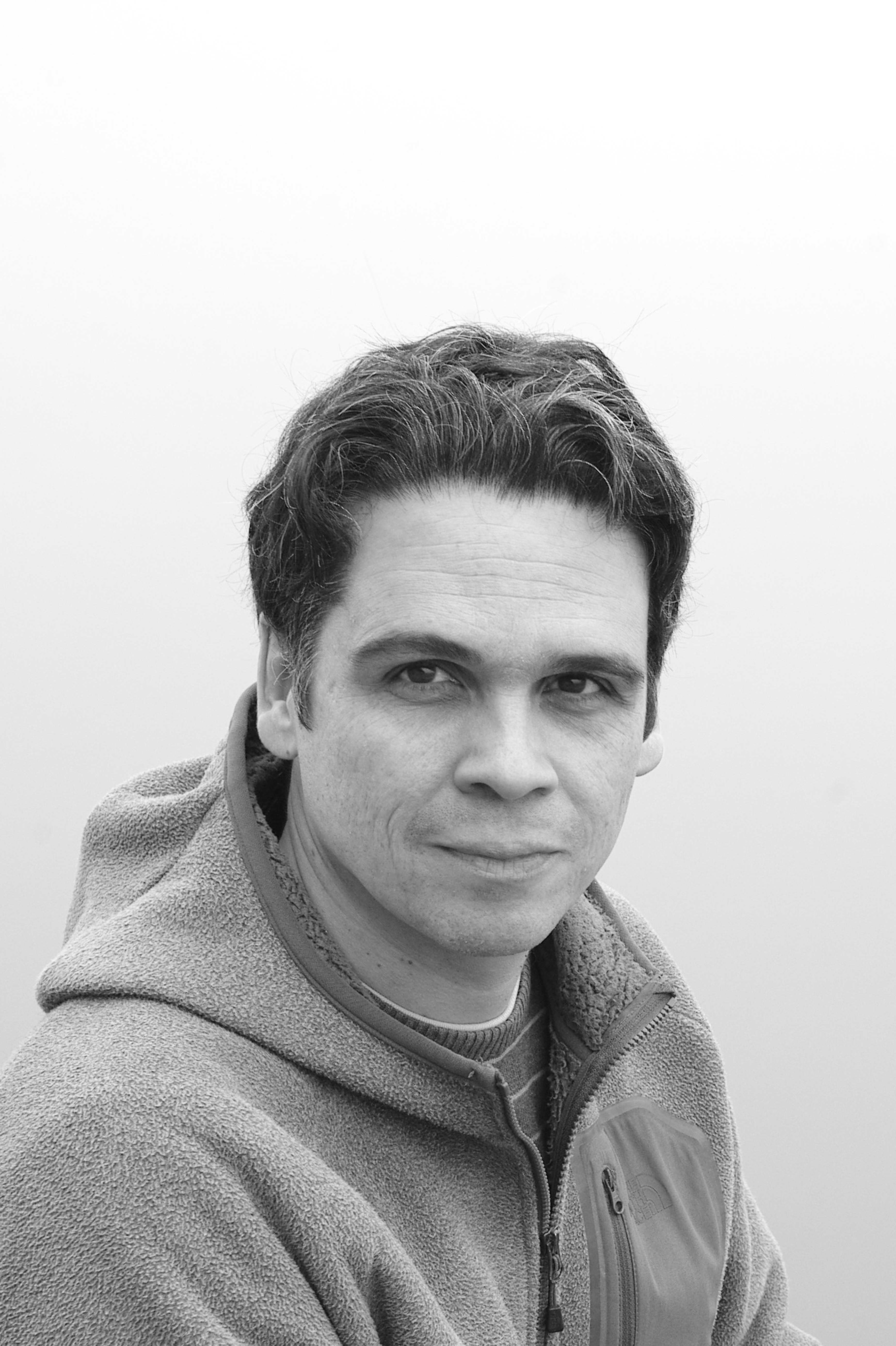
José Mário Silva (Paris, 1972) graduated in biology from the Faculdade de Ciências da Universidade de Lisboa, and has been a journalist since 1993. He currently works as a freelancer, and is a literary critic for the newspaper Expresso. He also moderates book clubs and public talks by writers. His published works include Nuvens & Labirintos (poetry, Gótica, 2001), Efeito Borboleta e outras histórias (short stories, Oficina do Livro, 2008), Luz Indecisa (poetry, Oceanos, 2009) and Escorço (poetry, Nova Mymosa, 2020). He coordinated the anthology Os Cem Melhores Poemas Portugueses dos Últimos Cem Anos (Companhia das Letras, 2017). He has translated books by Lydia Davis, James Baldwin, Jacques Roubaud and Nicolas Bouvier, among other authors, into Portuguese. With Inês Bernardo, he is the co-author of a book podcast (Biblioteca de Bolso).
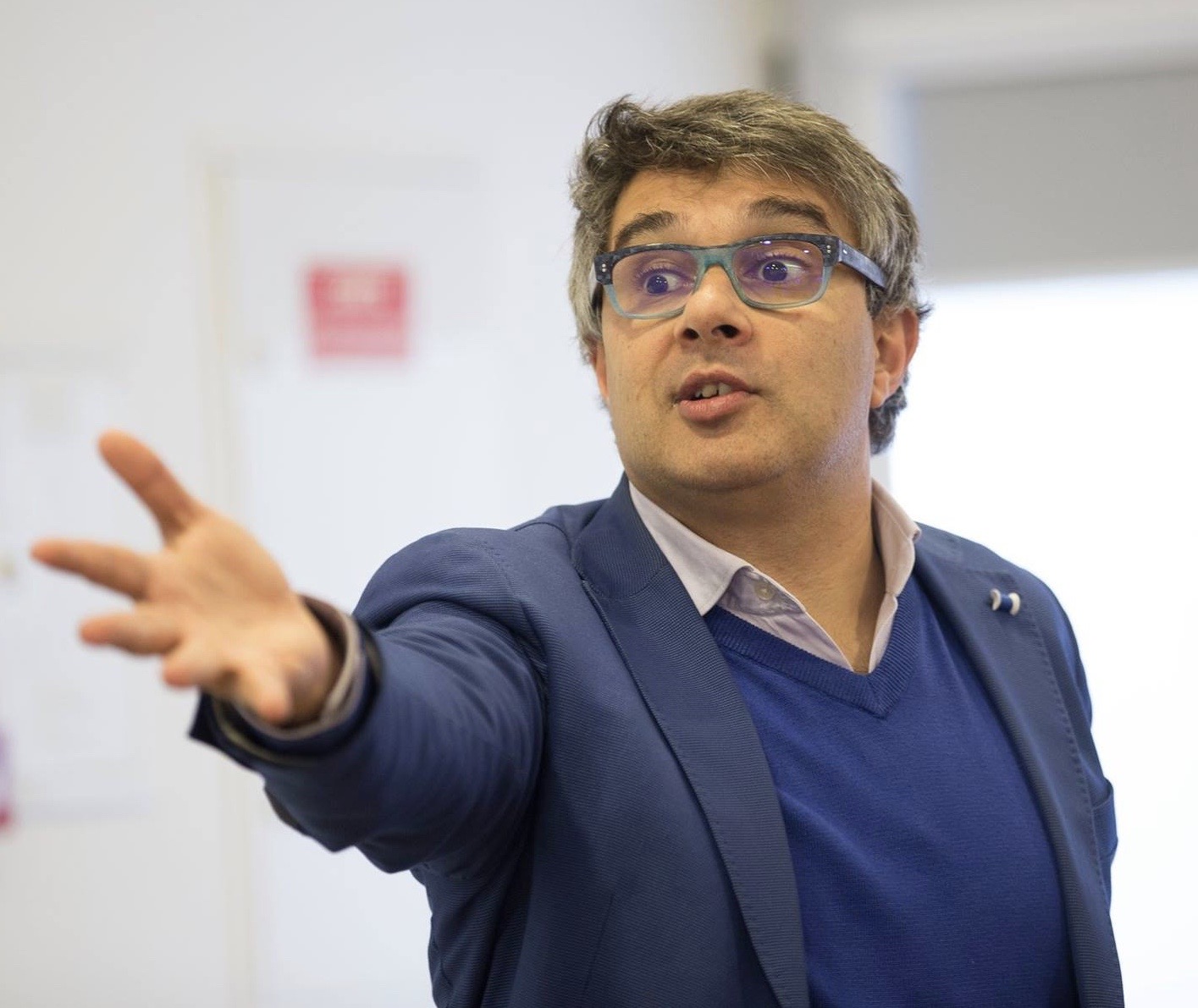
Jorge Serafim: story teller. He has performed thousands of storytelling sessions at schools and local theatre festivals, as well as abroad, at festivals in Uruguay, Argentina, Cape Verde, the Canary Islands and Macau. He is the author of several books, including novels, poetry collections and children’s books. As a comedian, he has participated in a range of television programmes and performed comedy shows all across Portugal and its Islands.
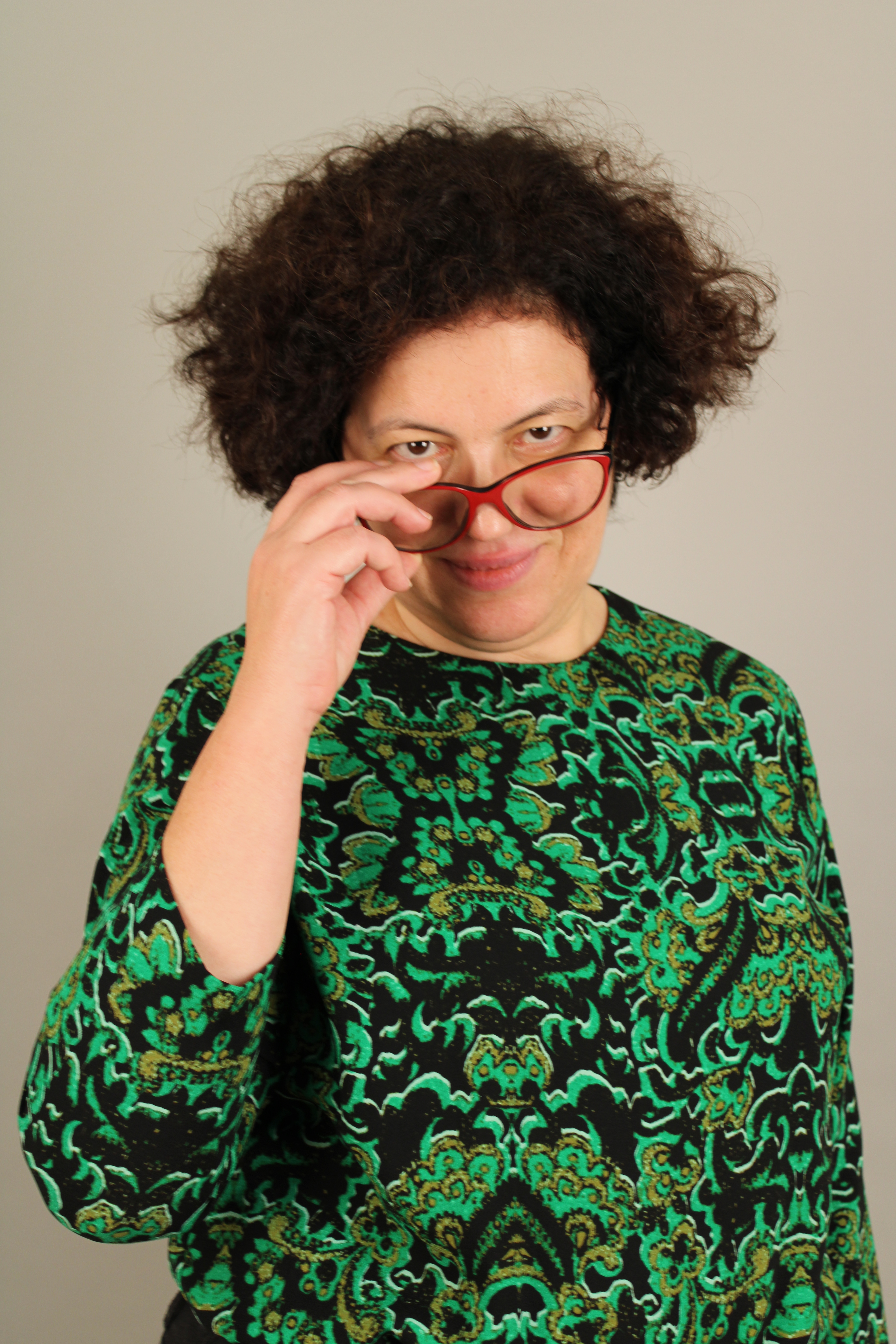
Ana Saragoça was born in Viana do Alentejo, 1966. She’s an actress, author, translator and all-round good gal. She has published three books, numerous plays, contributed to magazines, as well as providing frequent ephemeral pearls of wisdom on Facebook. She dearly wishes to be a writer.
©Filipa Miranda
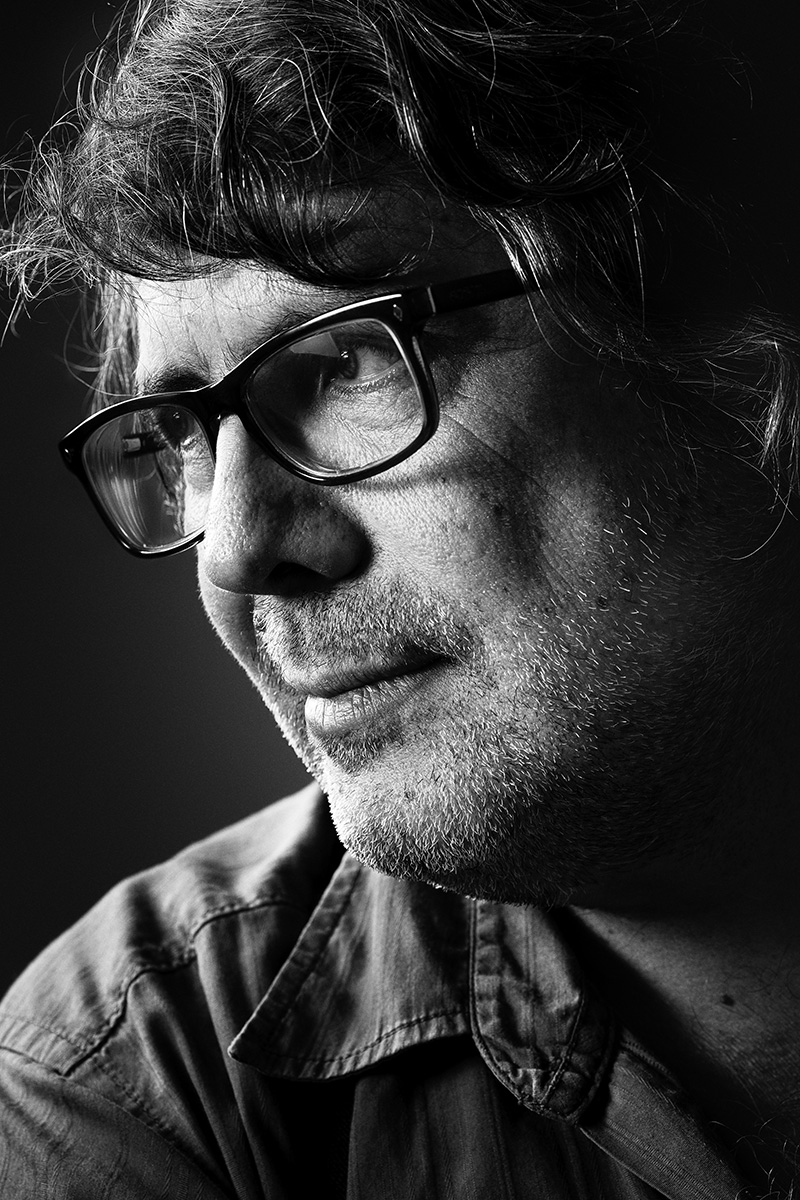
Luís Rainha is a hermit with solid credentials. Locked away at home long before the current pandemic, his main life goals are to master the art of braiding before June and learn how to properly work the oven. Aside from this, he continues to have been born in Figueira da Foz in 1962 and to harbor the intention of dying, though he’s not sure when, preferably after having written some more books of the kind that no one reads, despite being acclaimed by many.
©Rui Vasco
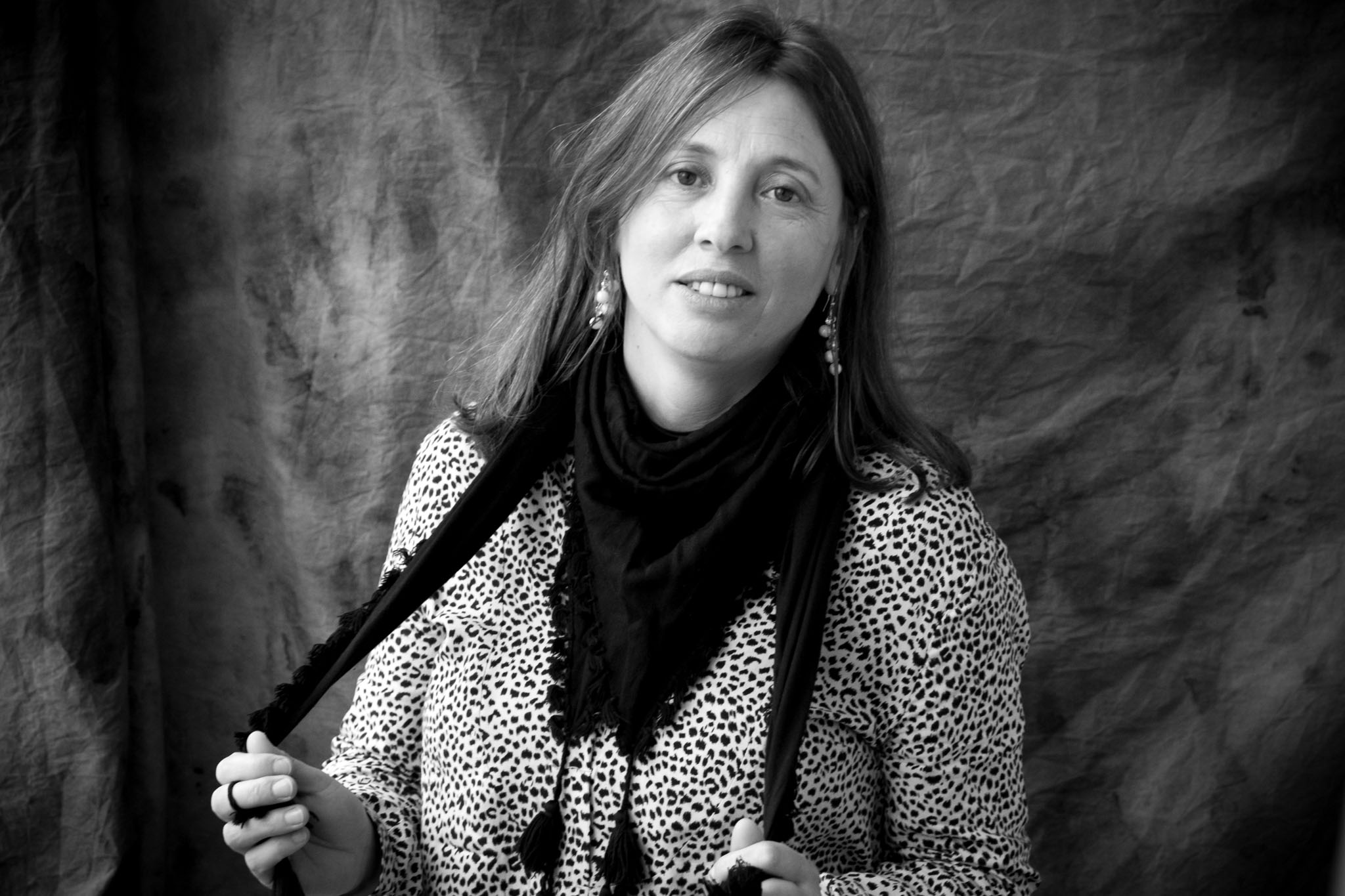
Adélia Carvalho was born in a little village in Portugal. She climbed trees, talked to animals, swam in the stream and played with other children from the neighbourhood. Her best friend was a dog, Brinquedo. As she grew up, she inherited clothes from her five sisters, mended for her by her mother. Each patch was an untold story. When she went to the city to study, she discovered the library. At night, she would read stories to her grandfather, Francisco, who couldn’t read. She grew up with the insecurity of someone who has to discover the paths on their own, but also with the strength of trees, able to stand tall against the wind and the rain. She graduated in Early Childhood Education, and tell and write stories for everyone. She has more than a dozen books published in Portugal and in other countries.
©Alfredo Cunha

Cristina Carvalho was born in Lisbon in 1949. She has published several books, some of which have been included on the Plano Nacional de Leitura (National Reading Plan). Her novel O Olhar e a Alma, romance de Modligliani (Planeta) was awarded the Prémio SPA/RTP for best work of fiction in 2016. Her books have been translated into English, French and Italian. She has been writing since 1989.
©José Lorvão
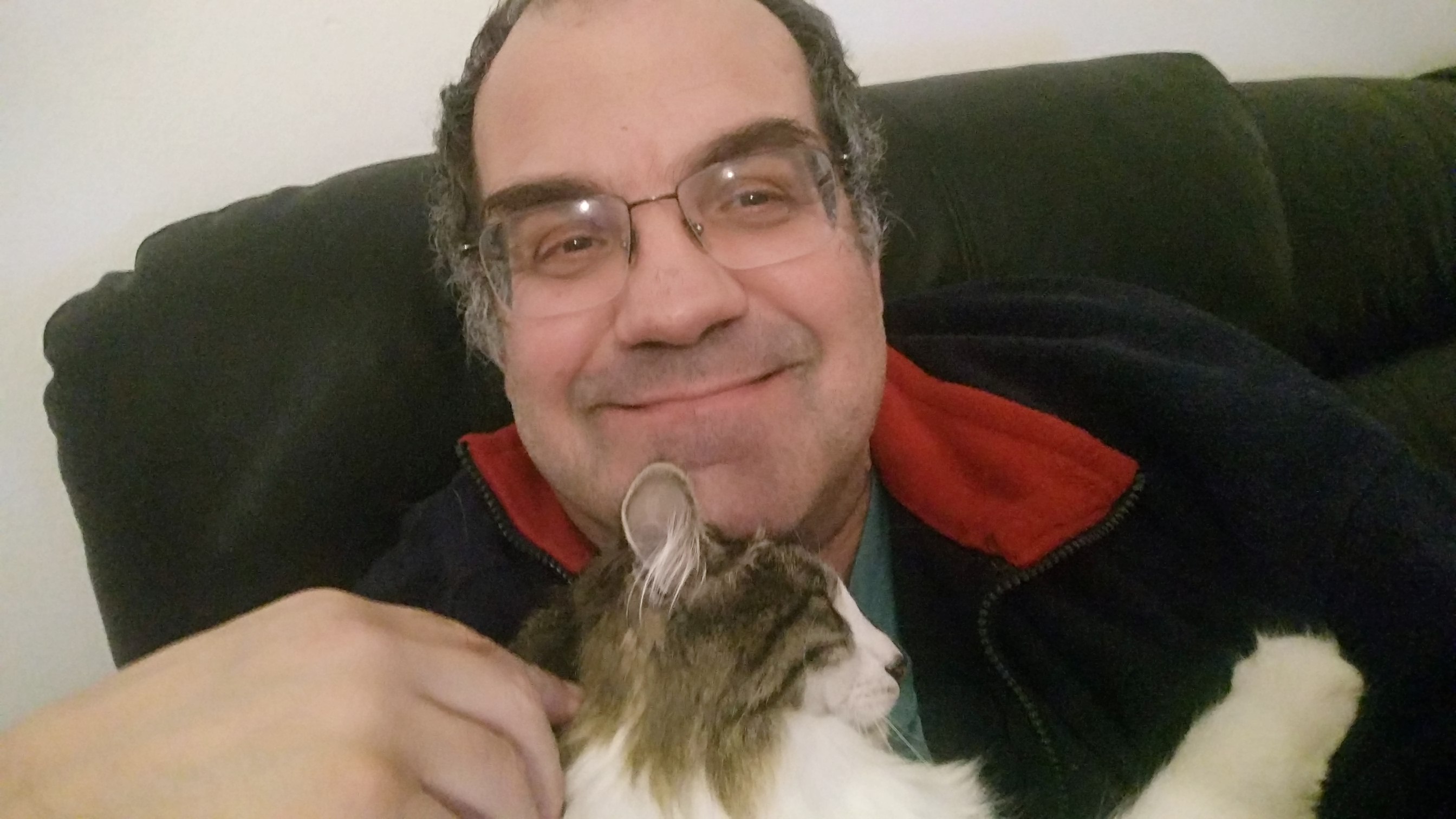
Rui Zink (Lisbon 1961) is a writer and professor.
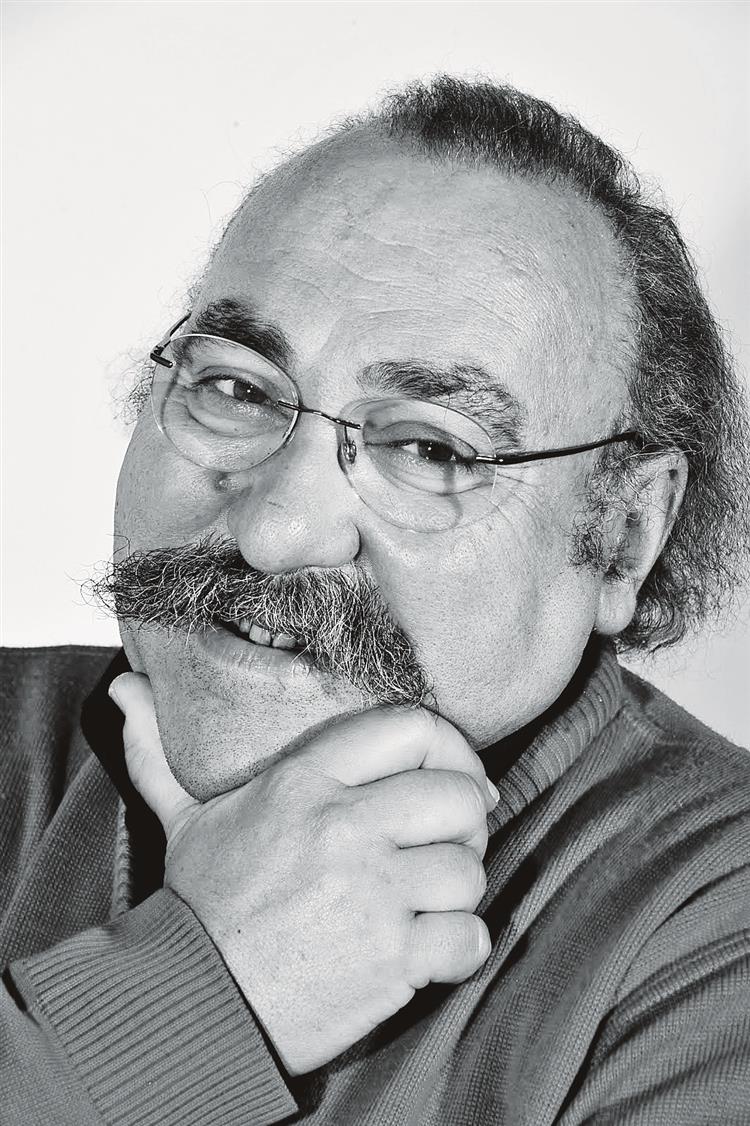
José Fanha (Lisbon, 1951) has a degree in Architecture, is a teacher and a teacher trainer. He has written and performed poetry since 1969, when joined the movement against the dictator Salazar’s fascist regime and began accompanying Portuguese singer Zeca Afonso and others during touring protests throughout the country. He writes for theatre, radio, television and cinema. He is also the author of hundreds of song lyrics and of 14 thematic anthologies of Portuguese poetry. He has collaborated in the writing of 4 novels written by multiple hands, and been included in many collections of short stories. He visits schools and libraries around the country, promoting books and reading, spreading enthusiasm for poetry and offering writing workshops and book clubs. He likes to describe himself as a promoter of poetry, a dealer in lucid words, a dream-smuggler and an inhabitant of the realm of solidarity and of utopia. He has always been a wholehearted citizen and will continue to be so for as long as it takes.
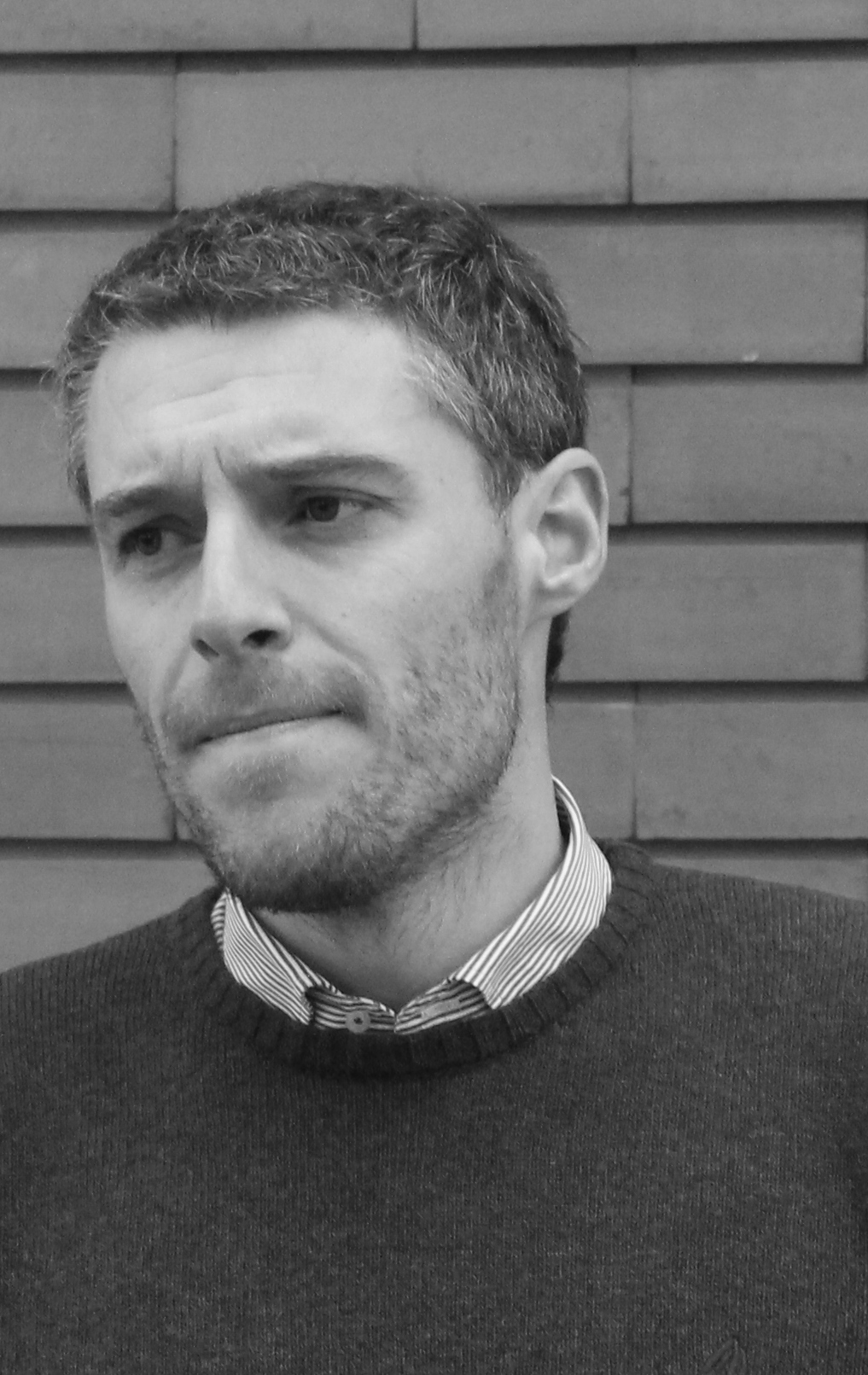
Hugo Mezena (1983) is the author of Gente Séria (novel) and As Velhas (short narrative). He has written opera librettos, as well as two melodramas for narrator and piano, A cidade, o gato, and A praça, o tambor. Some of his works have resulted in pieces of visual art and music. He lives in Lisbon.
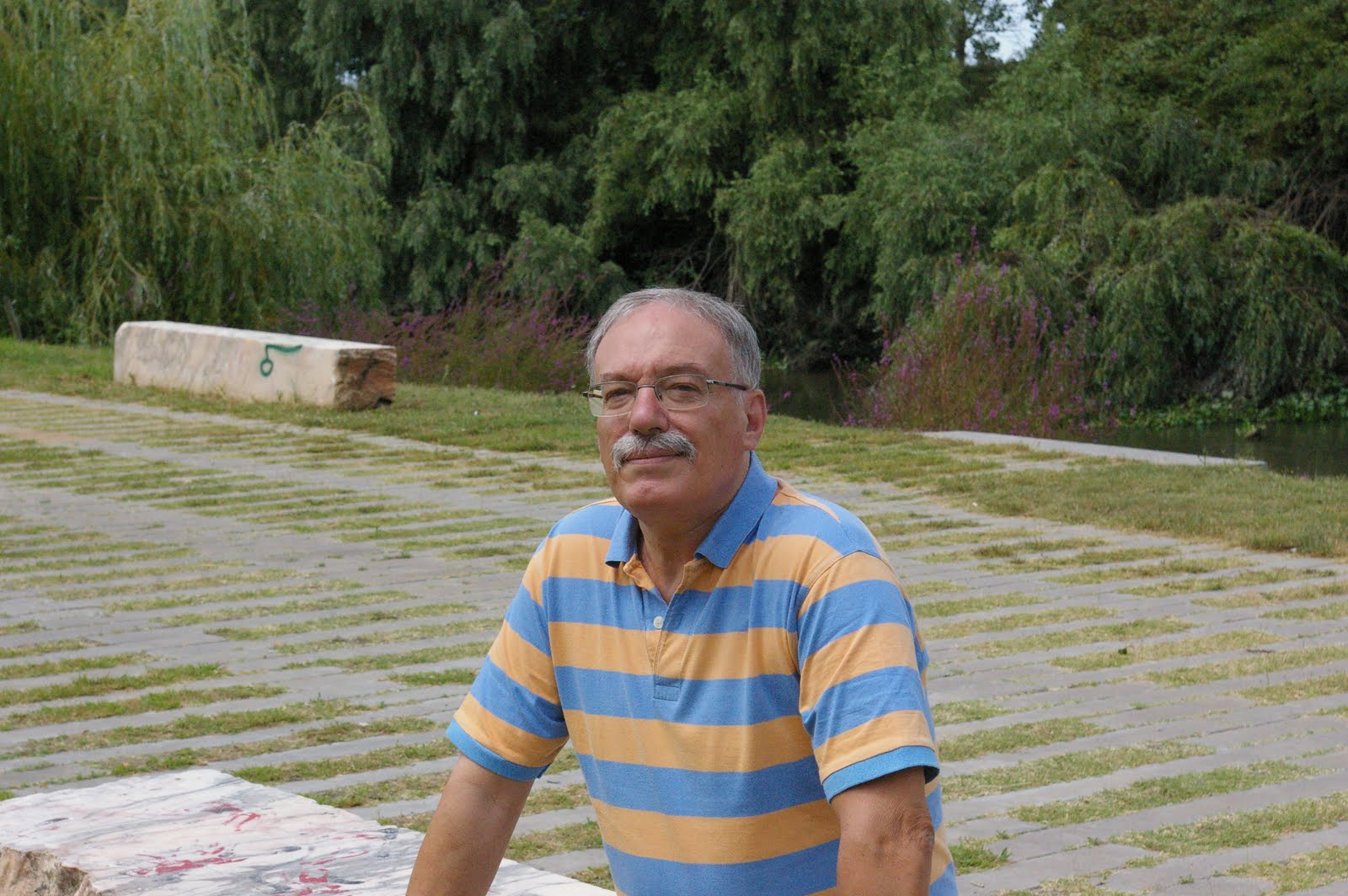
Domingos Lobo moved from school to school in Lisbon, in a kind of soft rebellion of the 1960s, and then between the Faculties of Law and Literature, and the Conservatório Nacional (National School of Arts and Music). He clings on to an MA in Administration and Cultural Economics, which he has so far found very little use for. He has 22 published books (poetry, theatre, fiction, essay) with others in the works, as well as several literary awards and medals to polish his ego.
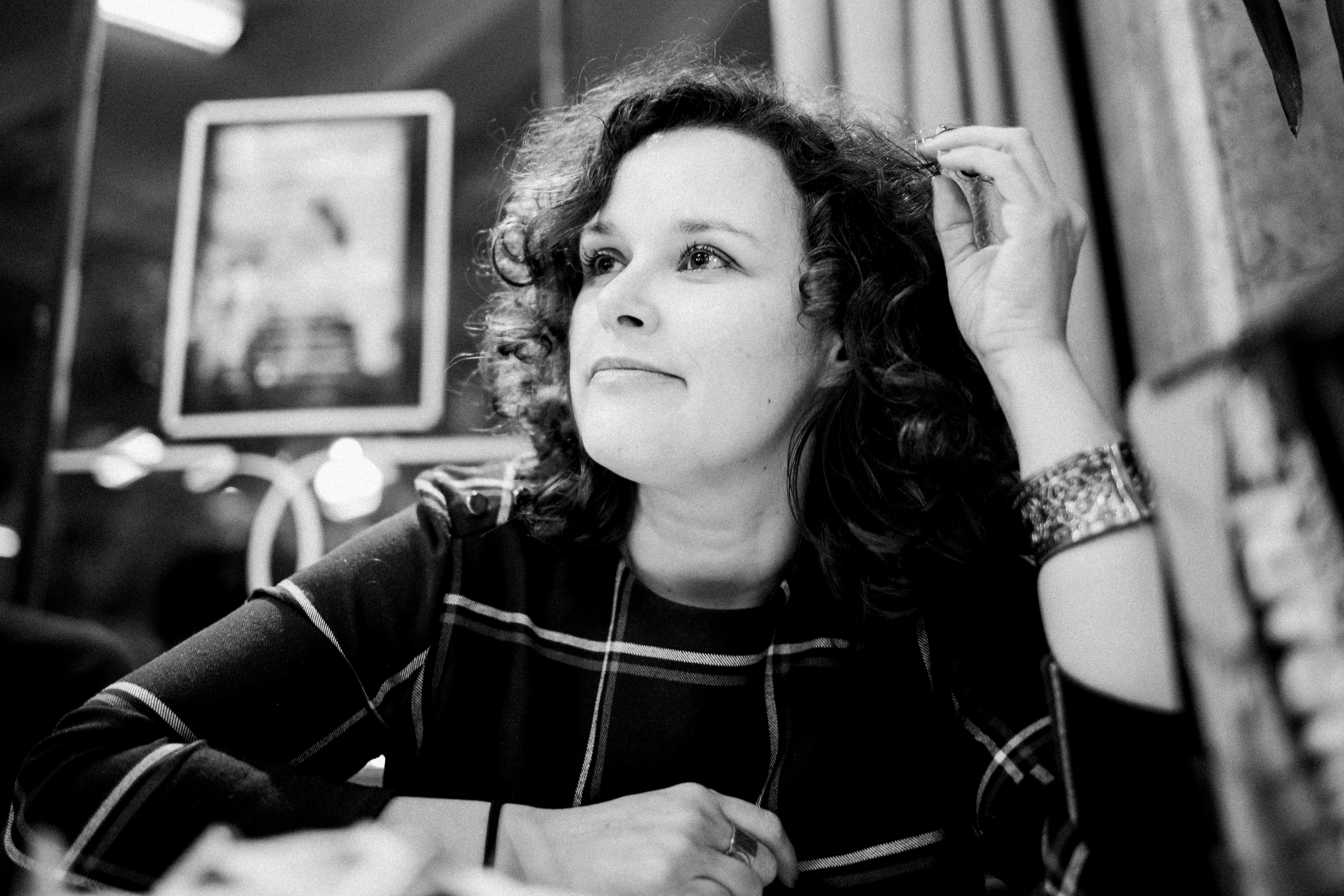
Raquel Ribeiro (Porto, 1980) is a journalist, writer and teacher at Edinburgh University, Scotland. She completed a PhD in Liverpool, with a thesis on the concept of Europe in the writing of Maria Gabriela Llansol, followed by an investigation into witness accounts of Cuba’s involvement in the Angolan civil war, at the Centre for Research on Cuba (Nottingham). In 2013, she was one of the first to receive a Gabriel García Márquez Cultural Journalism bursary from the Fundación Nuevo Periodismo Iberoamericano, in Colômbia. She has been a regular contributor to the newspaper Público since 2001, where she writes criticism and reports on literature and culture. Her novel Este Samba No Escuro was published in 2013 by Tinta-da-China.
©José Pedro Rodrigues
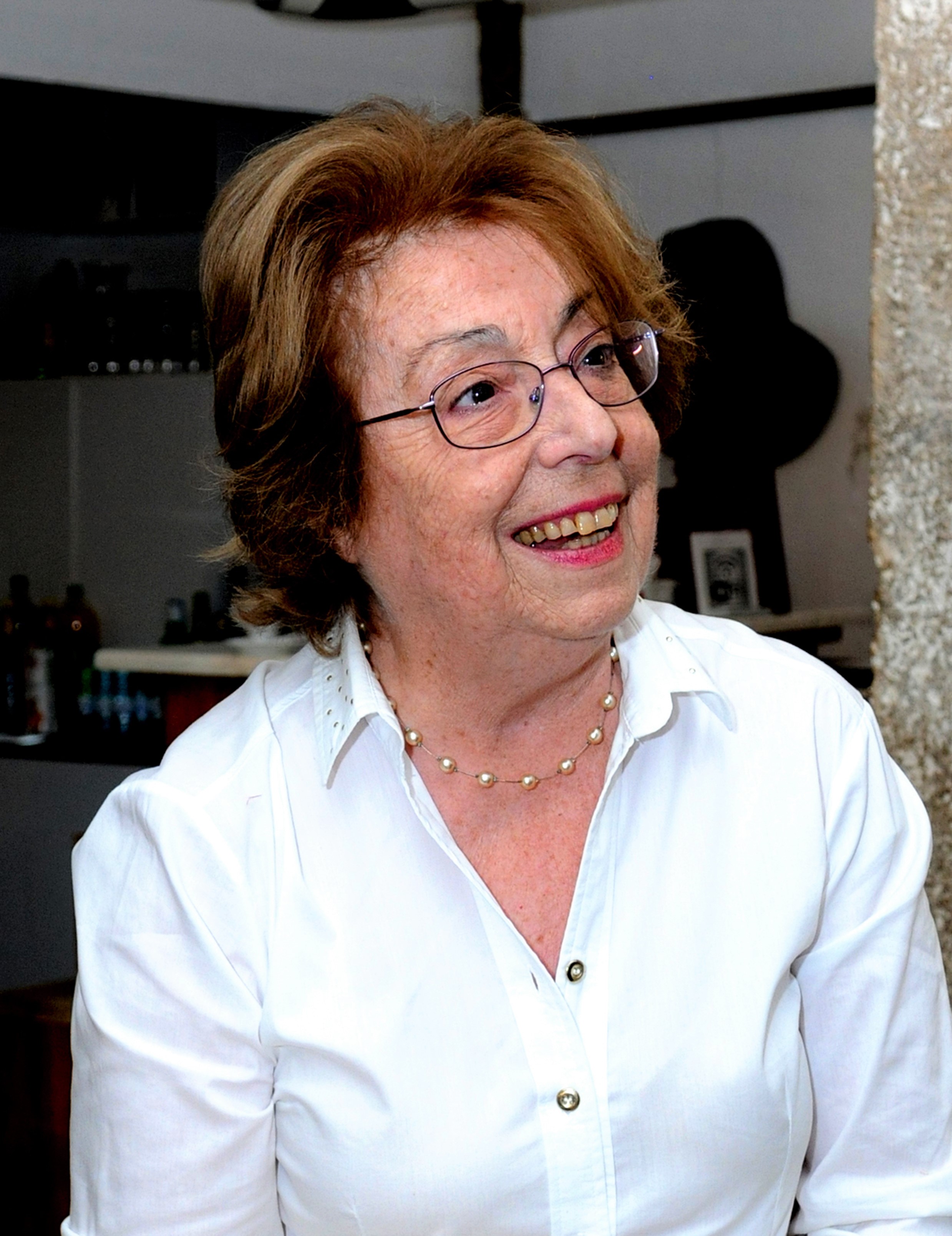
Licínia Quitério (1940) is the author of a number of poetry collections, among Da Memória dos Sentidos, 2005; Os Sítios, 2012 and Travessia, 2019. She also contributed to poetry anthologies Cintilações da Sombra 2 e 3, coordinated by Victor Oliveira Mateus and Clepsydra, coordinated by Gisela Ramos Rosa. She also wrote Disco Rígido (short stories, 2013, volume II, 2015), Os Olhos de Aura (novella, 2017) and A Metade de um Homem (novella, 2018). She translated O Vizinho Invisível, by Francisco José Faraldo, from Spanish.

Afonso Reis Cabral was born in 1990. At 15, he published Condensação, his first poetry collection. He studied Portuguese and Lusophone Studies, before completing an MA in the same subject and a post-graduate degree in Creative Writing. In 2014, he was awarded the Prémio LeYa for the novel O Meu Irmão, which has also been published in Brazil, translated and published in Italy and is currently being translated into Spanish. In 2018, he published his second novel, Pão de Açúcar, which was awarded the Prémio Literário José Saramago – Fundação Círculo de Leitores in 2019. Between April and May, 2019, he walked along the 738.5 km EN 2, a road that runs from the far north of Portugal to the deep south, in the Algarve. The book Leva-me Contigo – Portugal a pé pela Estrada Nacional 2 was the result of this journey.
©Marta d’Orey

Joel Neto (1974) is the author of Arquipélago and Meridiano 28, among other novels, as well as the diary series A Vida no Campo, which was awarded the Grande Prémio APE de Literatura Biográfica. He was born in the Azores, on Ilha Terceira, and lived in Lisbon for 20 years, where he wrote for most of the national newspapers and magazines. He returned to the Azores in 2012, to dedicated himself entirely to literature.
©António Araújo
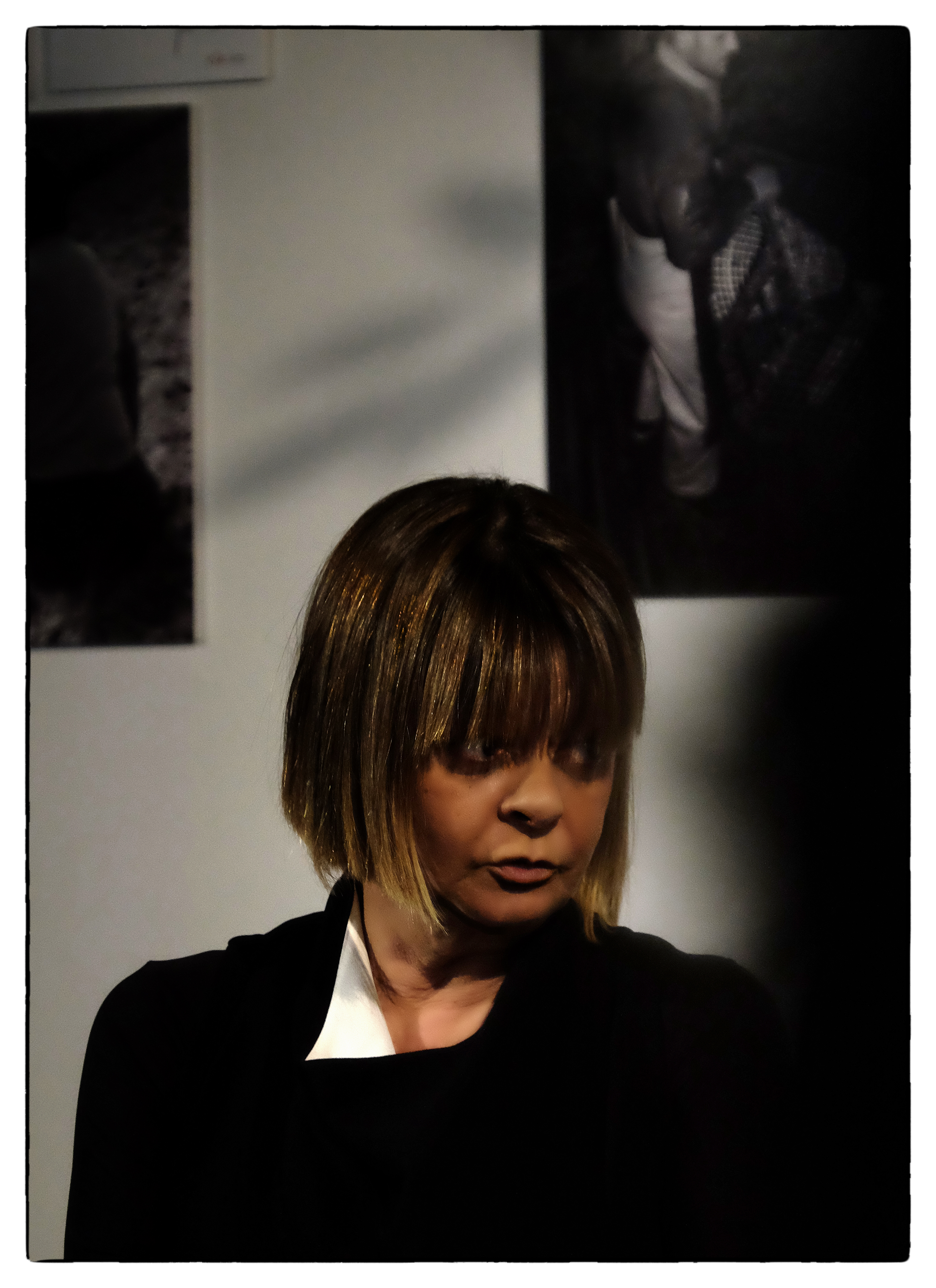
Maria Manuel Viana (Figueira da Foz, 1955) studied in Coimbra and taught Portuguese and French for 35 years. She managed the cultural department at the Câmara de Castelo Branco, was the local chair for the Ministry of Education and coordinator of the first Panel for Equality, protecting women and children from violence, a cause she has campaigned for since the 90s. She writes fiction and translates from French and Spanish.
©Pedro Teixeira Neves

Raquel Patriarca was born in Benguela, in 1974. She lives in Porto, in a house packed with books and toys, and a magnolia tree in the garden where the grass is often overgrown. She asks a lot of questions about the nature of things, takes off her shoes without untying them and, if she were an animal, would be a platypus. She’s a librarian and collector of bookmarks. She likes cats, fuzzy pyjamas and chocolate milk. When she grows up, she wants to be a poet.
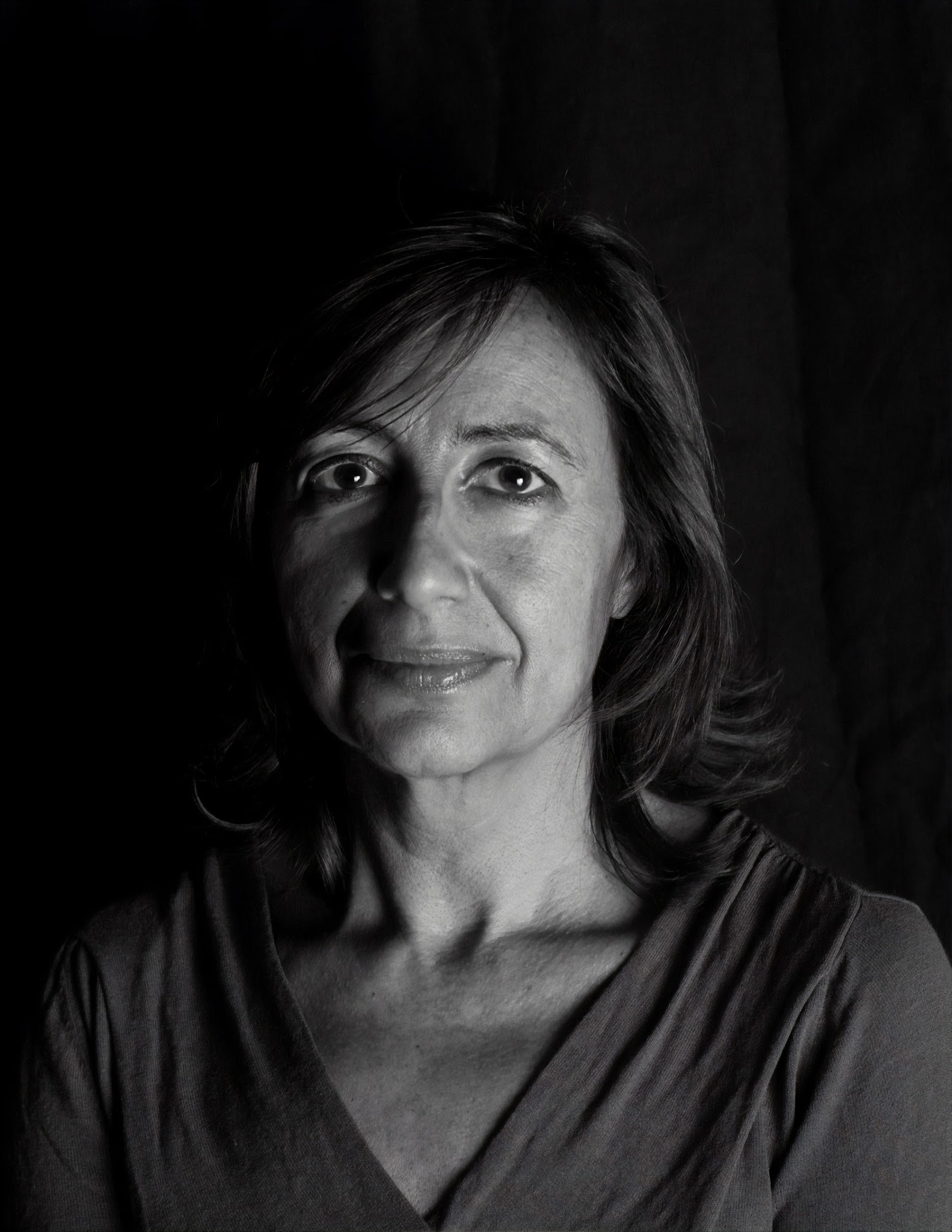
Julieta Monginho was born in Lisbon, where she graduated in Law. She worked as a public prosecutor, before publishing her first book, Juíz Perfeito, in 1996, followed by several works of fiction and a diary from the first year of the millennium, entitled Onde Está J.? Some of her novels have received literary awards: À Tua Espera (2000) – Prémio Máxima de Literatura; A Terceira Mãe (2008) – Grande Prémio de Romance e Novela APE/DGLAB;Um Muro no Meio do Caminho (2018) – Prémio Fernando Namora / Casino do Estoril and Prémio de Narrativa PEN Clube Português. This last novel was inspired by her voluntary work at refugee camps on the Greek Island of Chios.
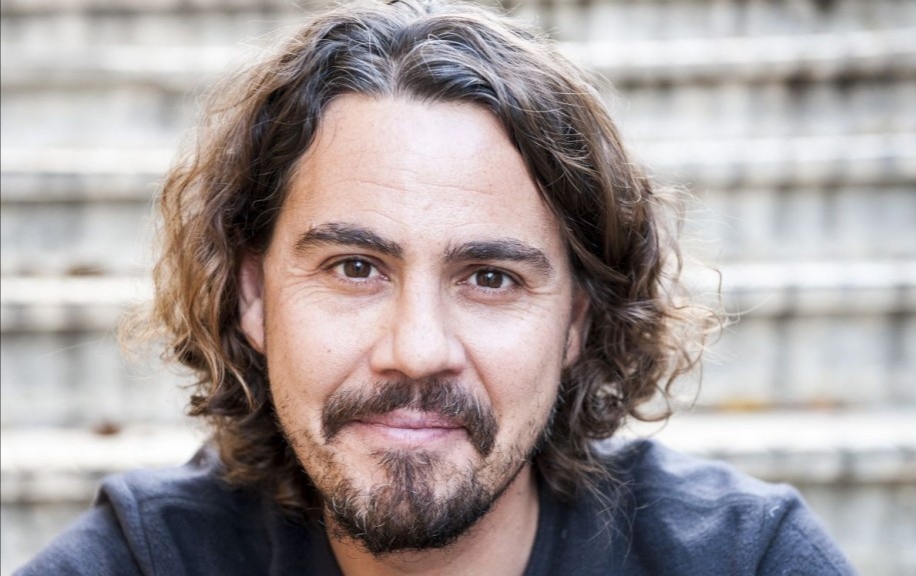
Tiago Salazar is from Lisbon, Portugal, but has been travelling and living abroad since 2003. He works as a freelance journalist, writer, TV editor and broadcaster, as well as a press advisor and communications manager. He has published articles and reports in various newspapers and magazines, as well as writing twelve books. He also wrote and hosted the TV program Endereço Desconhecido on RTP2 – one of the main TV channels in Portugal. He was awarded the prize for First Novel in Portuguese at the Premier Romains Festival in Chambéry in 2018.
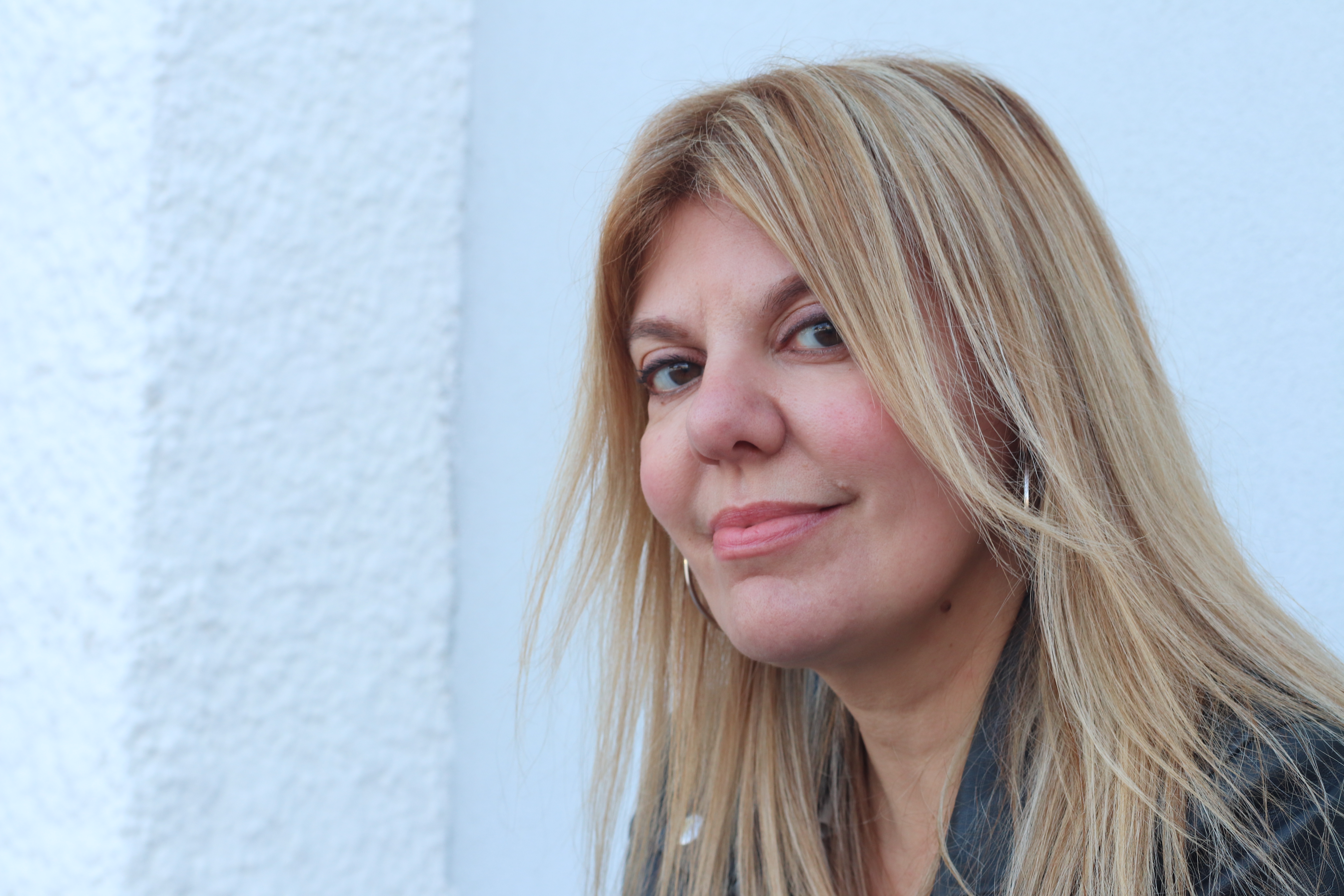
Isabel Rio Novo (Porto 1972) graduated in comparative literature and has an MA in History of Portuguese Culture. She teaches creative writing, literary studies, history, aesthetics and cinema, and has produced several academic publications on these subjects. Her works include O Diabo Tranquilo (2004), a fantastic narrative based on the poems of Daniel Maia-Pinto Rodrigues, Histórias com Santos (2014), a short story collection, and the novels Rio do Esquecimento (2016, shortlisted for the Prémio LeYa and longlisted for the Prémio Oceanos), Madalena (winner of the Prémio Literário João Gaspar Simões) and A Febre das Almas Sensíveis (2018, shortlisted for the Prémio LeYa). In 2018, she was awarded a bursary for literary creation from DGLAB to write her fourth novel, Rua de Paris em Dia de Chuva, to be published soon. In 2019, she published O Poço e a Estrada, a biography of the Portuguese writer Agustina Bessa-Luís.
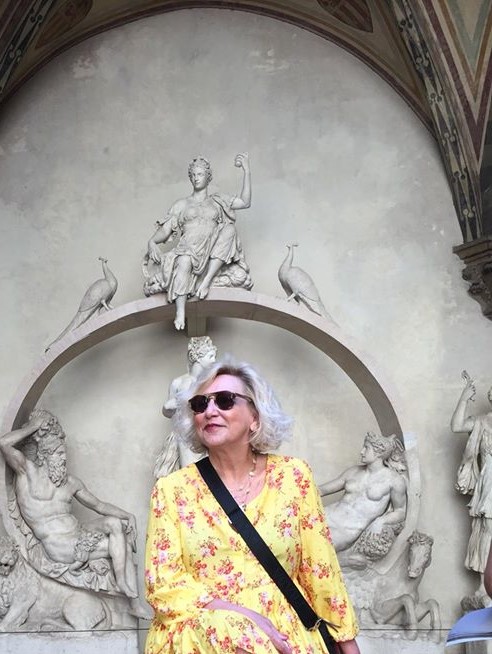
Helena Vasconcelos (Lisbon, 1949) is an author and literary critic, and a regular contributor to the Portuguese newspaper Público. She also Works as a promoter of literacy at public libraries, universities and foundations. She wrote Não Há Horas Para Nada, winner of the Prémio Revelação do Centro Nacional de Cultura (short-stories); Mário Eloy, o Pintor do Desassossego; A Infância é Um Território Desconhecido (Essay); Humilhação e Glória (Essay); Não Há Tantos Homens Ricos Como Mulheres Bonitas Que os mereçam (Novel) and Agenda Literária, 2020.
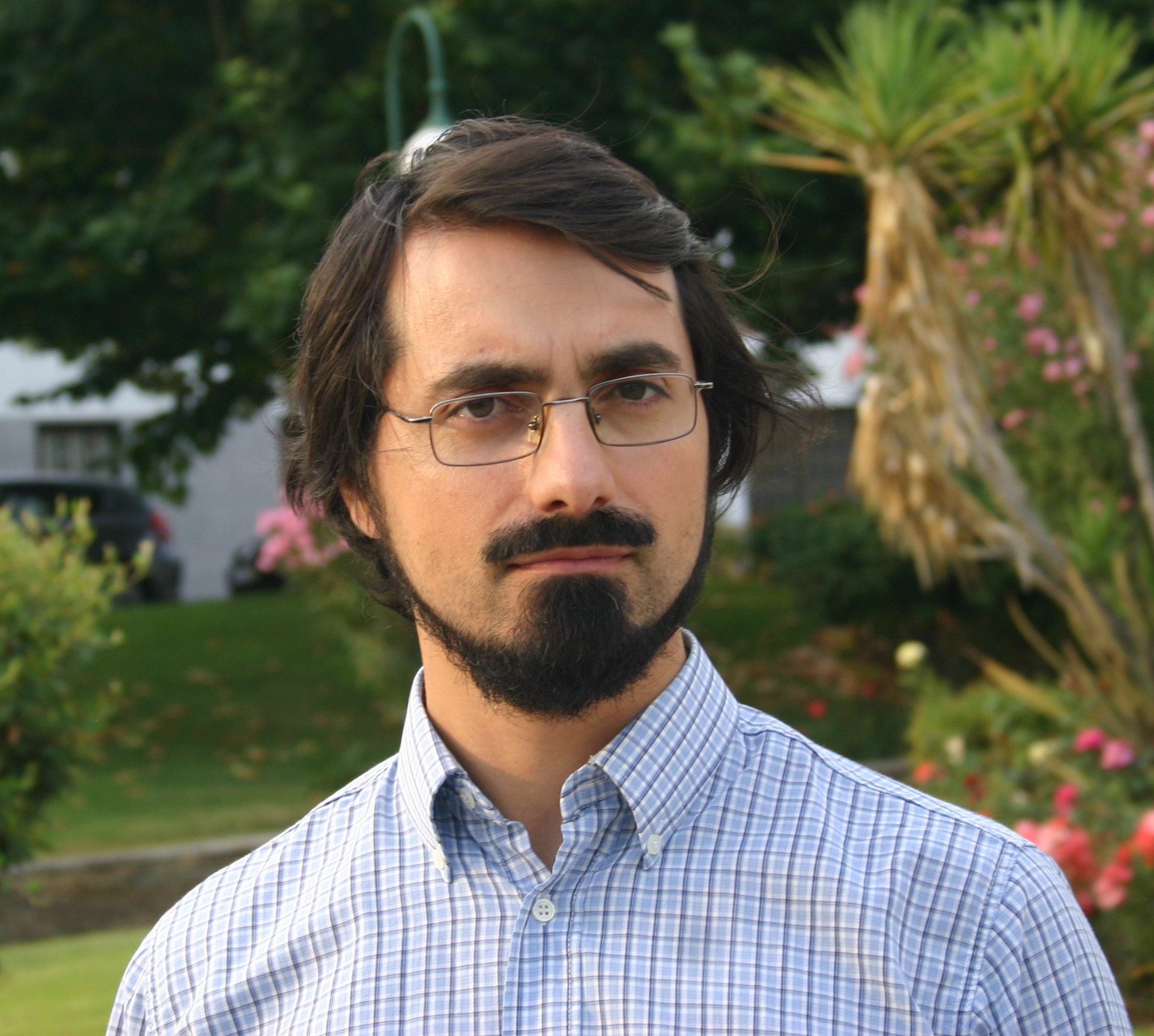
Tiago Patrício was born in Funchal, in 1979, and was taken to live in Trás-os-Montes when he was only 9 months old. He studied at Telescola, in Carviçais, and at the Torre de Moncorvo secondary school. In 1998, he moved to Lisbon, where he attended Naval School, studied at the Faculdade de Farmácia and did an MA at the Faculdade de Letras. In 2007, he won the Jovens Escritores prize, for young writers, and was selected to take up a literary residence in Prague. In the years that followed, he published several works of poetry, prose and theatre, which received several prizes. Some of his poetry has been published in Egypt, Slovenia, Greece, Mexico and the Czech Republic. He works as a pharmacist in Odivelas.
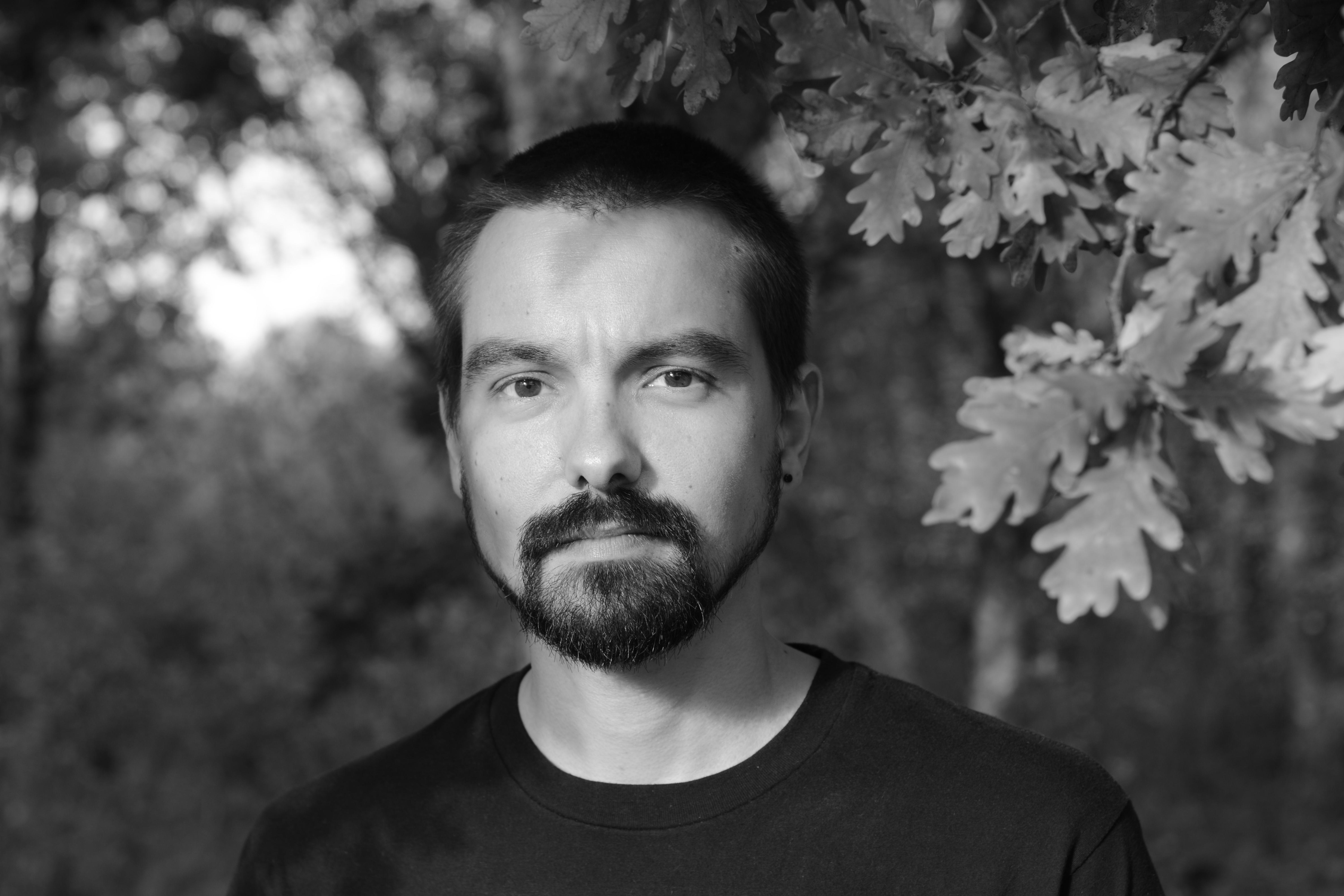
Ricardo Fonseca Mota (Sintra, 1987) grew up in Tábua and then Coimbra. His first novel, Fredo, was awarded the Prémio Literário Revelação Agustina Bessa-Luís in 2015, longlisted for the Oceanos – Prémio de Literatura em Lingua Portuguesa in 2017, and translated and published in Bulgaria. He represented Portugal at the 17th edition of the European First Novel Festival, in Budapest. As aves não têm céu is his second novel. Other works include a play, called Germana, a begónia (2019), and In descontinuidades, a collection of poetry published under the pseudonym Ricardo Agnes (2008). He has a degree in Psychology from the Universidade de Coimbra and is an author, clinical therapist and cultural promotor.
©Gi da Conceição
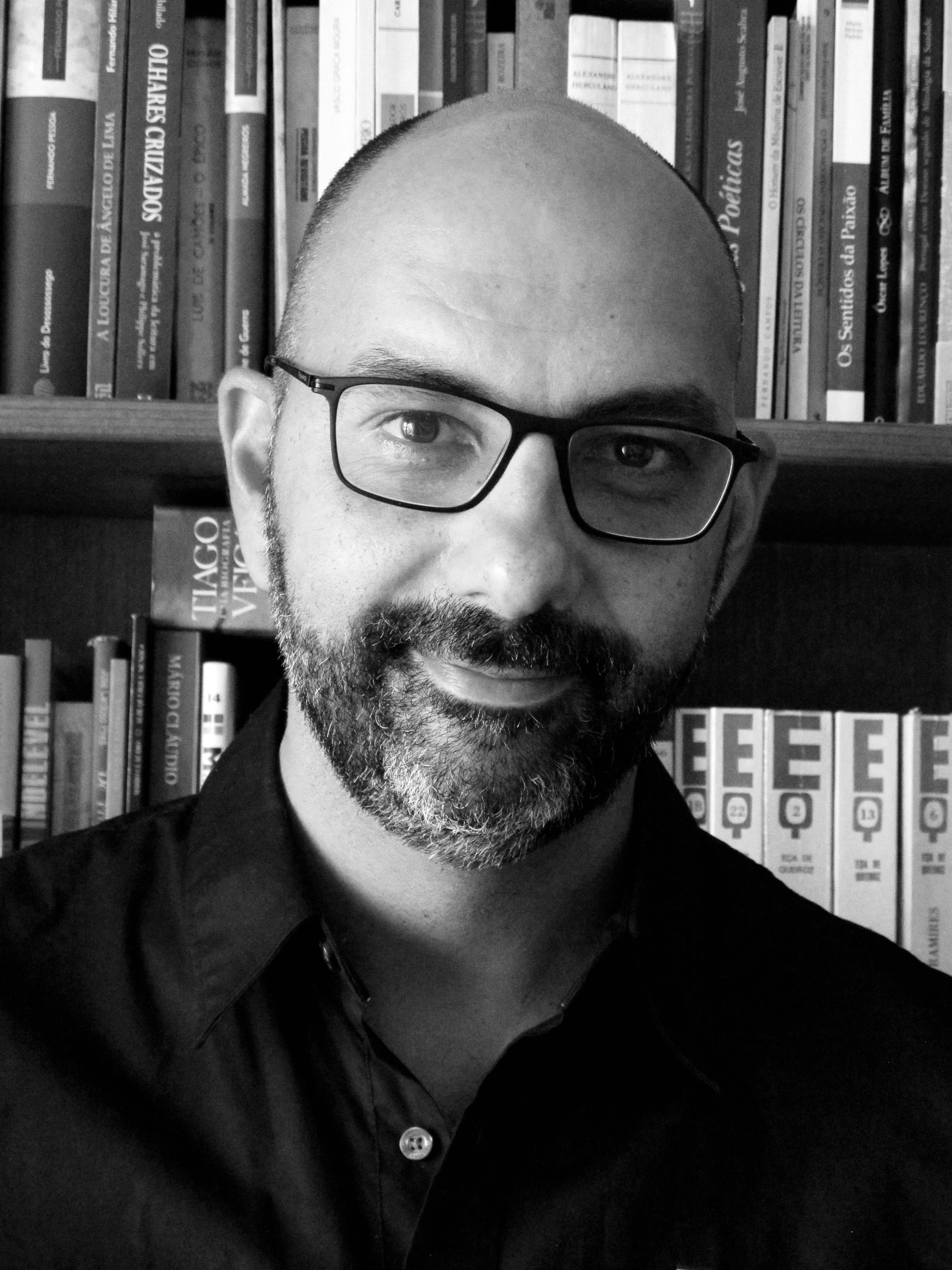
Paulo M. Morais (Lisbon, 1972) has a degree in social communications and has worked on magazines and online projects. Following his debut, Revolução no Paraíso (Porto Editora, 2013), he published the novels O Ultimo Poeta (Poética Edições, 2015), Seja Feita a Tua Vontade (Casa das Letras, 2017, shortlisted for the Prémio LeYa) and Pratas Conquistador (Casa das Letras, 2019). He has also written the non-fiction books Uma Parte Errada de Mim (Casa das Letras, 2016) and Voltemos à Escola (Contraponto, 2017). A Aldeia Verde e Vermelha (Tcharan, 2020) is his first children’s book.

Gonçalo M. Tavares (Luanda, 1970) teaches Theory of Science in Lisbon. He has surprised his readers with the variety of books he has published since 2001 and has been awarded an impressive amount of national and international literary prizes in a very short time. His work has been published in almost 50 countries.

Álvaro Laborinho Lúcio was born in 1941. He is a retired judge of the Supreme Court of Justice, and, in February 2019, was presented with and honorary degree in Education Sciences by the Universidade do Minho. He is the author of Educação, Arte e Cidadania (2008) and O Julgamento – Uma Narrativa Crítica da Justiça (2012), as well as the novels O Chamador (2014), O Homem Que Escrevia Azulejos (2016) and O Beco da Liberdade (2019).

Rita Ferro (Lisbon, 1955) studied interior design and specialised in marketing. She has taught print advertising and worked as a manager and consultant for several companies. For the past 30 years, she has written novels, letters, biographies, chronicles, children’s literature and plays. Her biographic novel, A Menina é Fillha de Quem? (2011), was awarded the Prémio PEN Clube Português de Narrativa. Um Amante no Porto (2018) is her most recent novel.

Luís Castro Mendes (1950) is a Portuguese poet, novelist and career diplomat. Between 1965 and 1967 he was a regular contributor to the newspaper Diário de Lisboa – Juvenil. In 1974, he completed a degree in Law at the Universidade de Lisboa. He was a political activist in the lead up to the Carnation Revolution (25th of April, 1974) and carried on this work until 1977, the year he began his diplomatic career. He was consul general in Rio de Janeiro, Portuguese ambassador in Budapest, New Delhi, at UNESCO – Paris and the European Council in Strasbourg. He was Portugal’s Minister for Culture between 2016 and 2018. He published his first book, Recados, in 1983, followed by Areias Escuras (1984), Seis Elegias e Outros Poemas (1985), A Ilha dos Mortos (1991), O Jogo de Fazer Versos (1994), Viagem de inverno (1993), Correspondência Secreta (1995), Modos de música (1996), Outras Canções (1998), Os Dias Inventados (2001), Lendas da Índia (2011), A Misericórdia dos Mercados (2014)and Outro Ulisses regressa a casa (2016). In 2018, he published Poemas Reunidos, a collection of his poetry.

Dulce Garcia was born in Alcochete in 1970. She studied Social Communication and was a journalist for 27 years. Between 2017 and 2019, she worked as a publisher and editor of Portuguese fiction for Planeta. Currently, she is a member of the Department of Communications for the Ministry of Justice. In 2017, she published her debut novel, Quando perdes tudo não tens pressa de ir a lado nenhum, which was selected to represent Portugal in the best newcomer category at the Budapest International Book Festival. Her latest book will be published in 2020 (virus allowing).

Nara Vidal (Minas Gerais, Brazil) graduated in Literature from the Universidade Federal do Rio de Janeiro and has an MA in Arts and Culture from London Met University. She has published children’s books and novels, including Sorte, which was awarded the Prémio Oceanos and will be published in the Netherlands this year. She is a columnist for Caderno Dois de Cultura, a supplement of the newspaper A Tribuna de Minas. She coordinates the Brazilian Translation Club, alongside the Latin-American Studies Department of UCL, and manages the online bookshop Capitolina Books. Her other awards include the Brazilian Press Award in Literature (three times) and the Maximiano de Campos award for short stories. She has lived in the United Kingdom since 2001.

Valério Romão (France, 1974) has released three novels with the publisher Abysmo: Autismo (2012), O da Joana (2013) and Cair para dentro (2018); three collections of short stories, Facas (Companhia das Ilhas, 2013), Da Família (Abysmo, 2014), Dez razões para aspirar a ser gato (Mariposa Azul, 2015); and two plays, A Mala (Guilhotina, 2015), and Irina, Macha, Olga (não, 2016). His books have been published in Brazil, Italy and France. In 2016, Autismo was shortlisted for the Femina Prize in France. He is also a translator and a playwright.

Filipa Leal (Porto, 1979) published her first book, lua-polaroid, in 2003, followed by nine works of poetry. Her work has been available in Spain since 2010. She graduated in journalism from Westminster University, London, and completed an MA in Portuguese and Brazilian Studies at the Faculdade de Letras do Porto. She has worked in radio, print media and television. Her screenplay for JOGO DE DAMAS, directed by Patrícia Sequeira, was awarded the Golden Aphrodite Prize for best script at the Cyprus Cinema Festival (2016) and the prize for best script at the International Monthly Film Festival of Copenhagen (2017). She is the author and scriptwriter of the television series MULHERES ASSIM (RTP1, 2016-2017) and of the children’s musical A VOLTA AO MUNDO EM 60 MINUTOS (Elenco productions, 2014). Currently, she contributes to the weekly TV programme NADA SERÁ COMO DANTE on RTP2, and has just released her first play: O Quadrado de F. (não, March 2020).
©Alfredo Cunha

Norberto Morais was born in Germany. He graduated from the ISPA and worked as a volunteer psychologist at the Associação Portuguesa de Apoio à Vítima. He also attended the Hot Club jazz school, in Lisbon, and was a vocalist, lyricist, composer and musician in a band. He is author of the novels Vícios de Amor and O Sítio de Lugar Nenhum (2008), O Pecado de Porto Negro (2014) and A Balada do Medo (2019). He lives in Lisbon and is a full-time writer.

Luísa Costa Gomes (Lisbon, 1954) graduated in philosophy and was a school teacher until 2010. She is a storyteller, playwright, dramaturge, screenwriter, chronicler and translator. She taught a post-graduate degree in creative writing at the Universidade Lusófona in the 1990s, and has given numerous short story writing, scriptwriting and literary translation workshops. She has also given theatre and short fiction workshops as part of an Art of Writing post-graduate course at the Universidade Nova de Lisboa. Since 2010, she has done what likes and, occasionally, tops this off with things that she doesn’t.
Escape Goat is the twin page of Bode Inspiratório